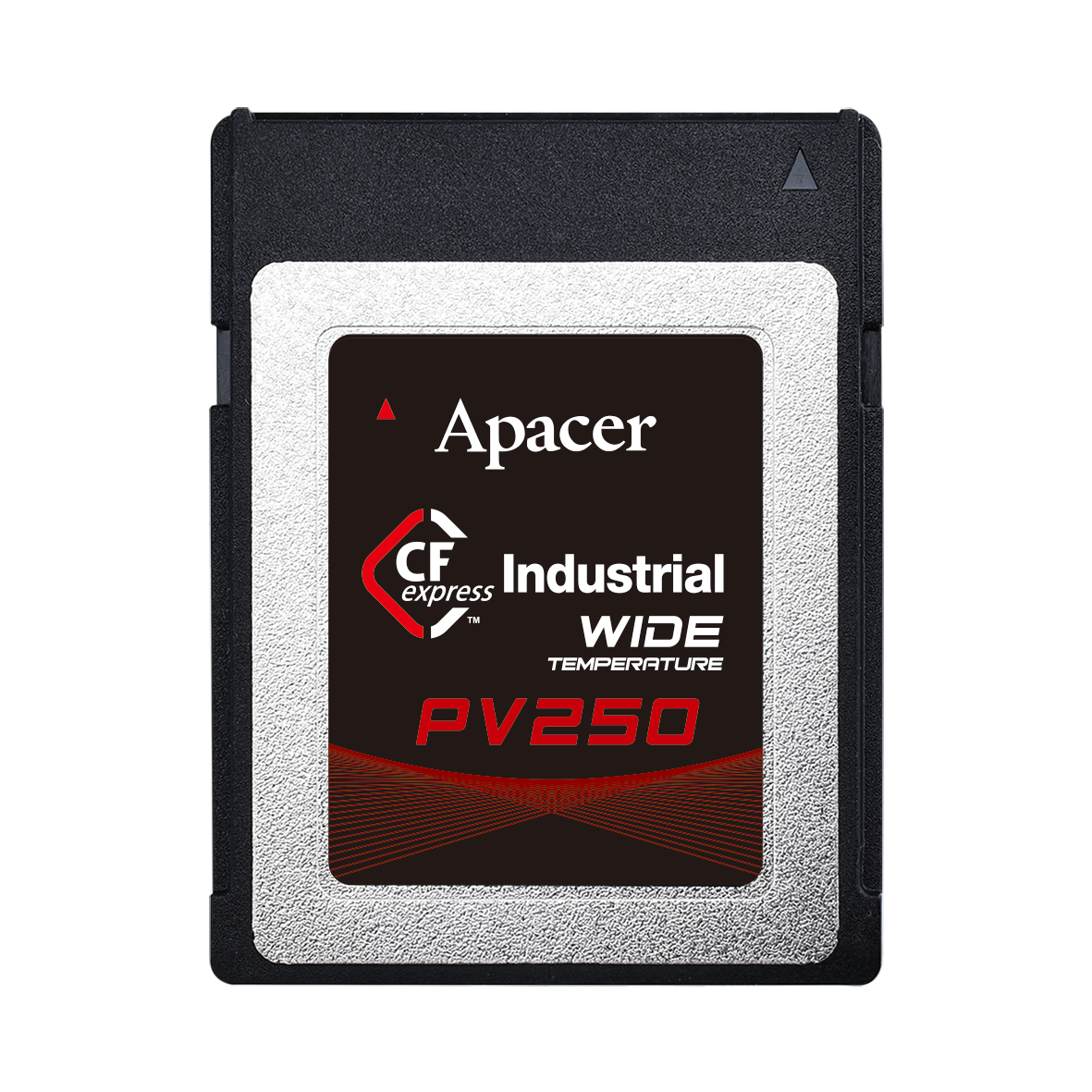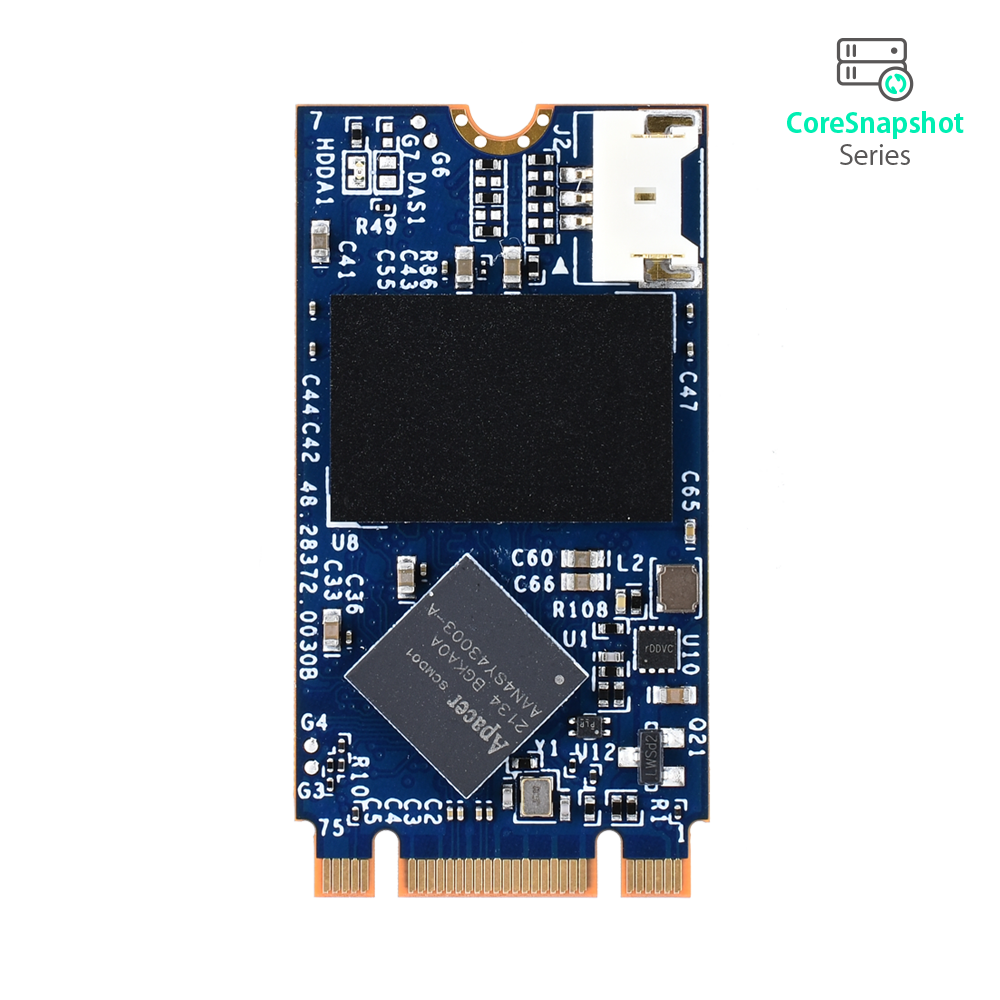CoreAnalyzer2 is an exclusive, analytic data-behavior technology implemented on our SSD products. Featuring collecting and analyzing data of customers' host system, it can help our customers analyze their usage behavior so they can choose the best-suited.
|
With embedded applications ranging from industrial, gaming, rugged, medical, transportation and more, user scenarios on industry platforms vary a lot. Depending on applications and platforms, system's behavior, such as sequential/random reads/writes, read/write distribution, workload, data size, and data alignment, has different data patterns that can be reflected in Program/Erase cycles. |
|
|
As the finite number of Program/Erase cycles is the limitation of NAND flash memory, the aforementioned data access behavior becomes an influential factor in the performance and lifespan of SSDs. In addition, possible extreme write behaviors on SSDs and lack of analytic methods can lead to poorer performance and decreased lifespan. To solve these issues, CoreAnalyzer is implemented on Apacer SSDs to help our customers analyze their software behavior so they can select the SSD product best suited for their system’s lifespan. |
|
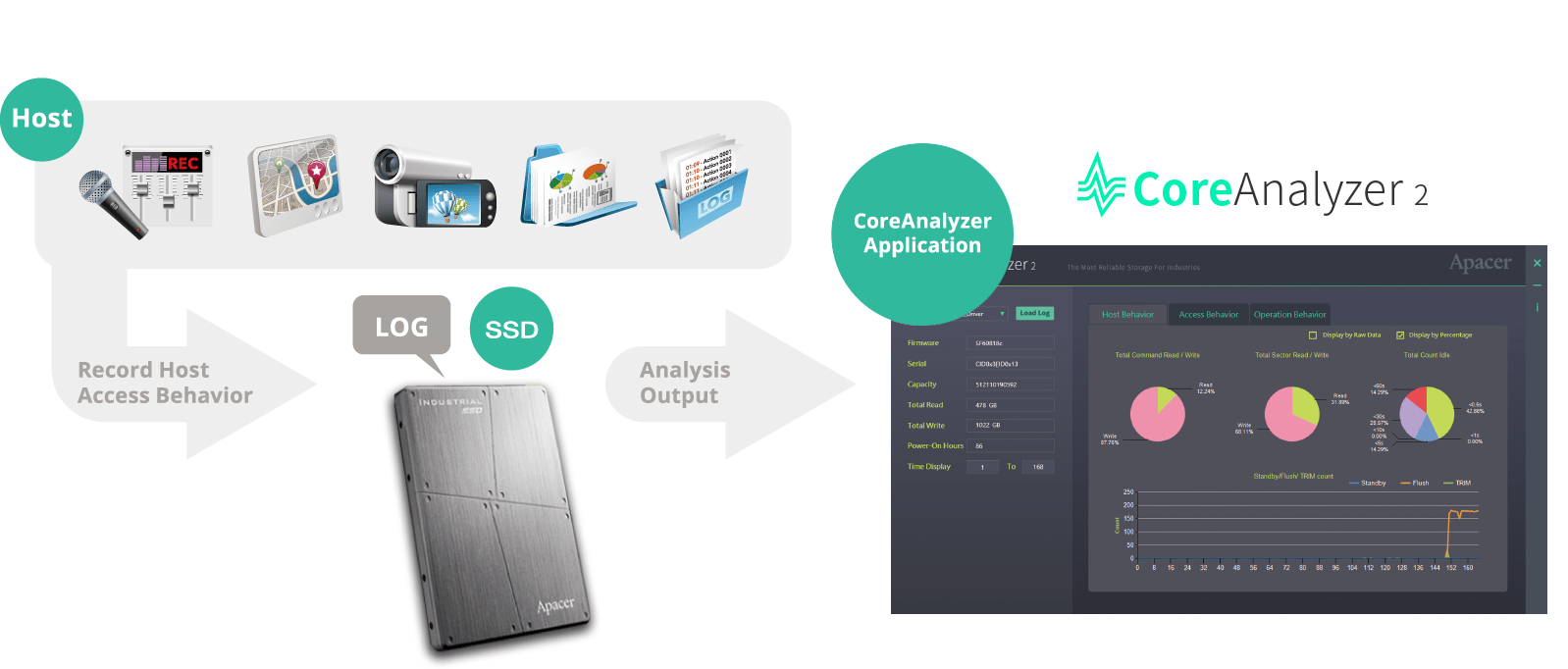
CoreAnalyzer is an analytic data-behavior tool developed by Apacer. Featuring collecting and analyzing data of clients' host system, this exclusive technology can assist our customers in choosing the most cost-effective solution for their system. Embedded in the firmware of Apacer SATA SSD, CoreAnalyzer is able to record all read and write operations at the host end and analyze the data stored in the SSD.
CoreAnalyzer further presents user behavior of SSD, including read/write ratio, workload, ratio of sequential write, and random access ratio. By allowing clients to fully understand the actual user behavior of SSD, CoreAnalyzer not only provides references for clients in choosing the most suitable SSD product, but also helps enhance SSD’s performance and lifespan by optimizing firmware based on the analysis results. |
|
-
New
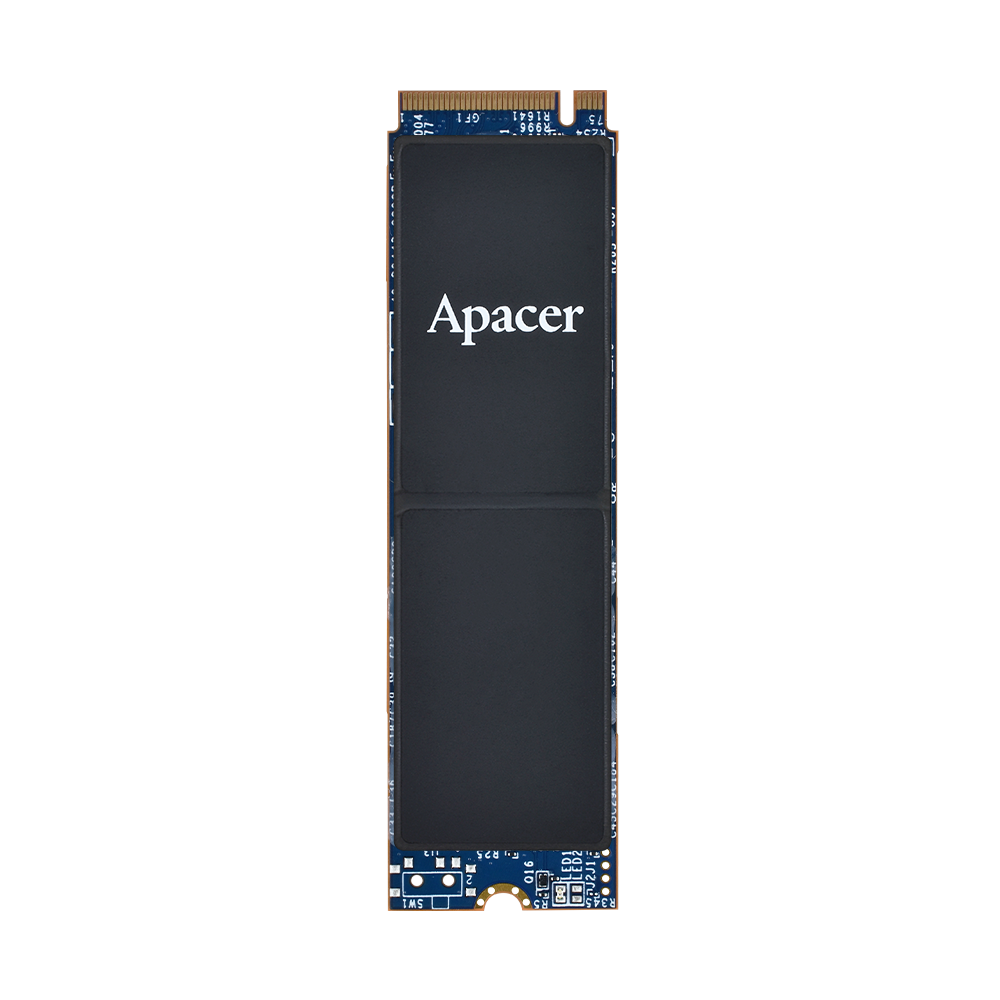
SSD
PV250-M280 Fully Lead-free SSD
-
New
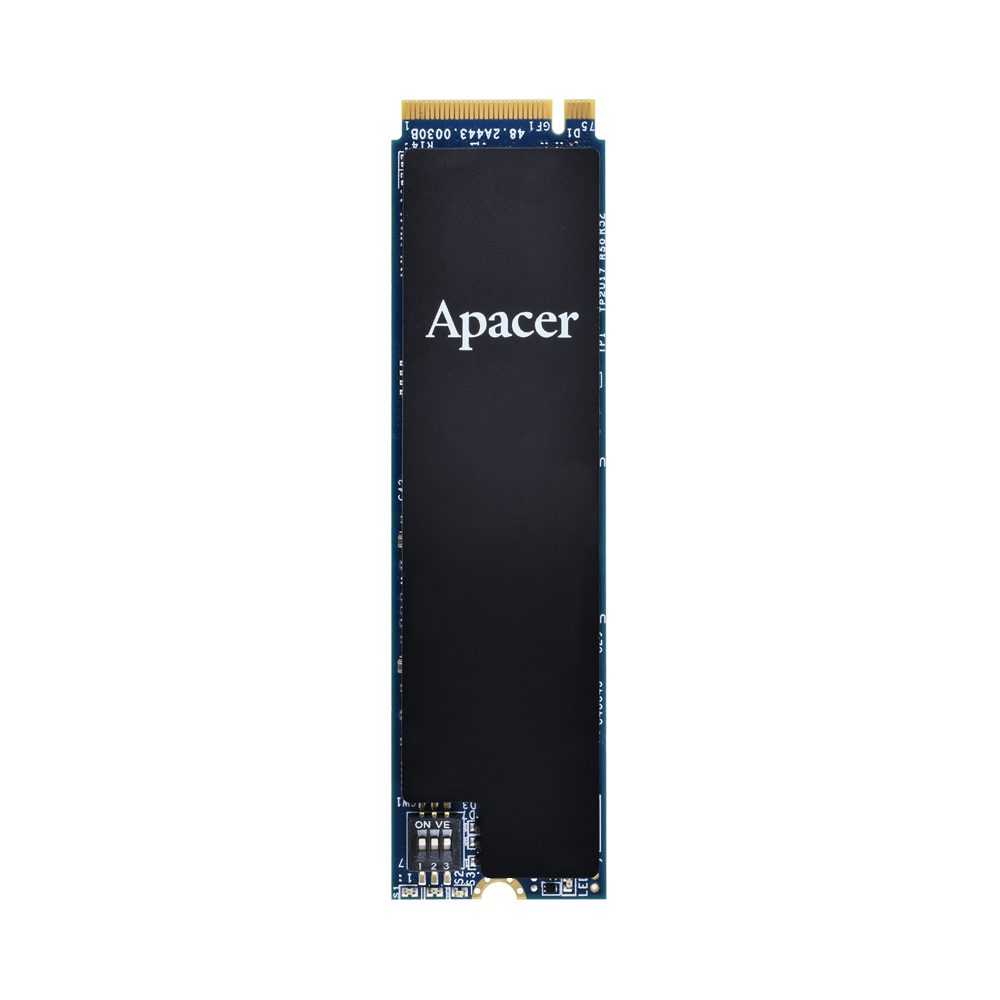
SSD
PV250-M280
-
New
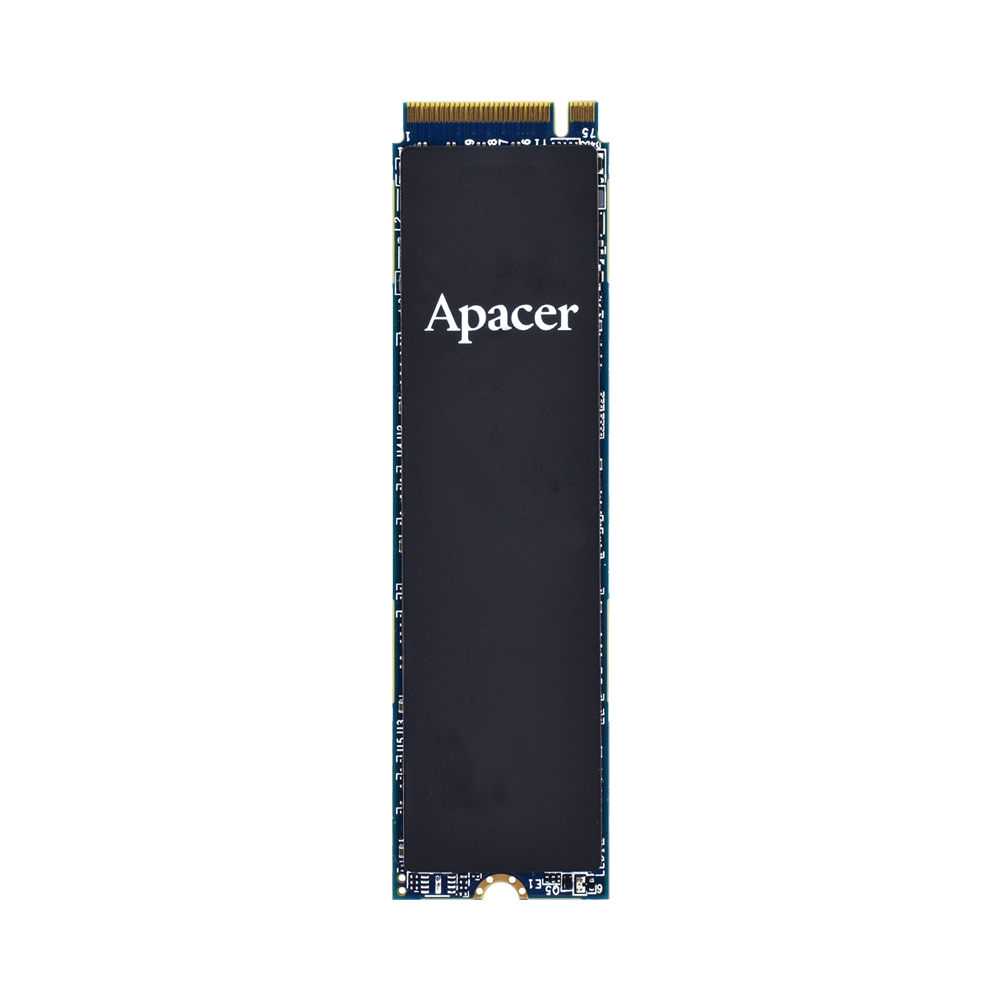
SSD
PV230-M280 (M Key)
-
New
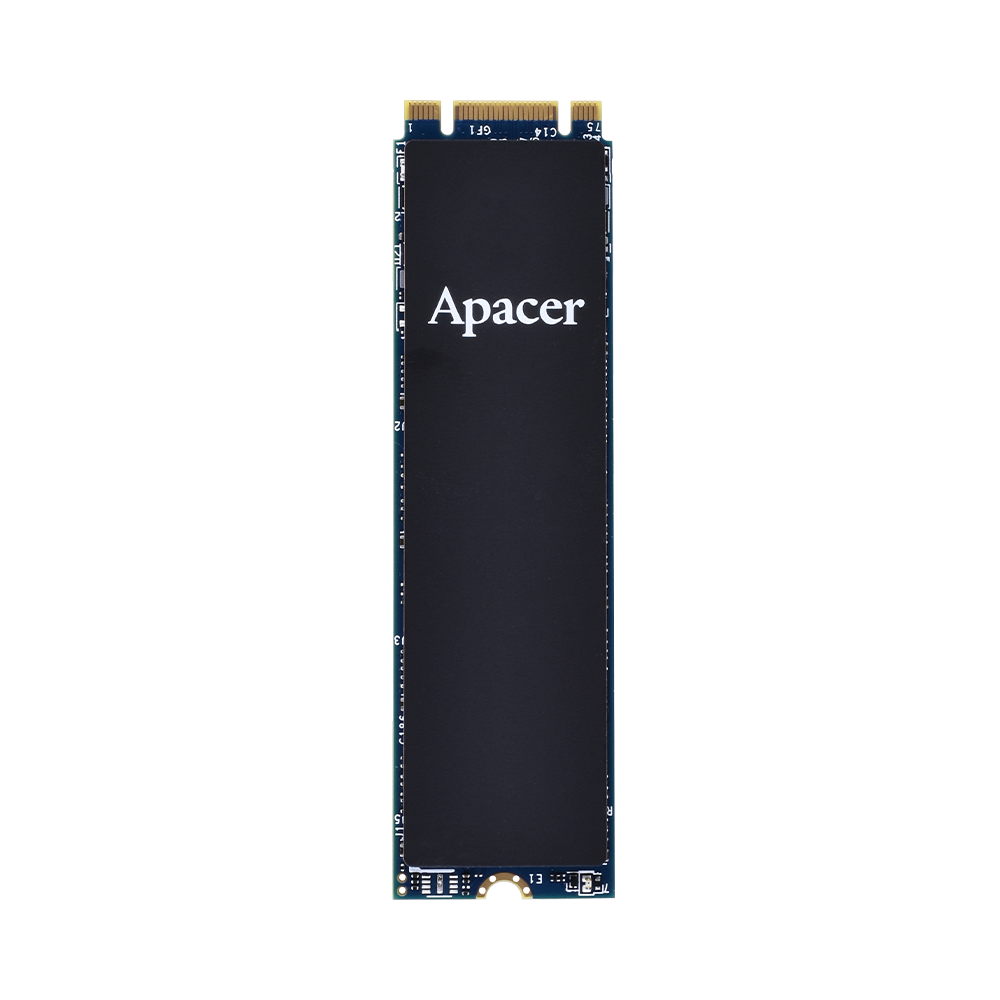
SSD
PV230-M280 (B+M Key)
-
New
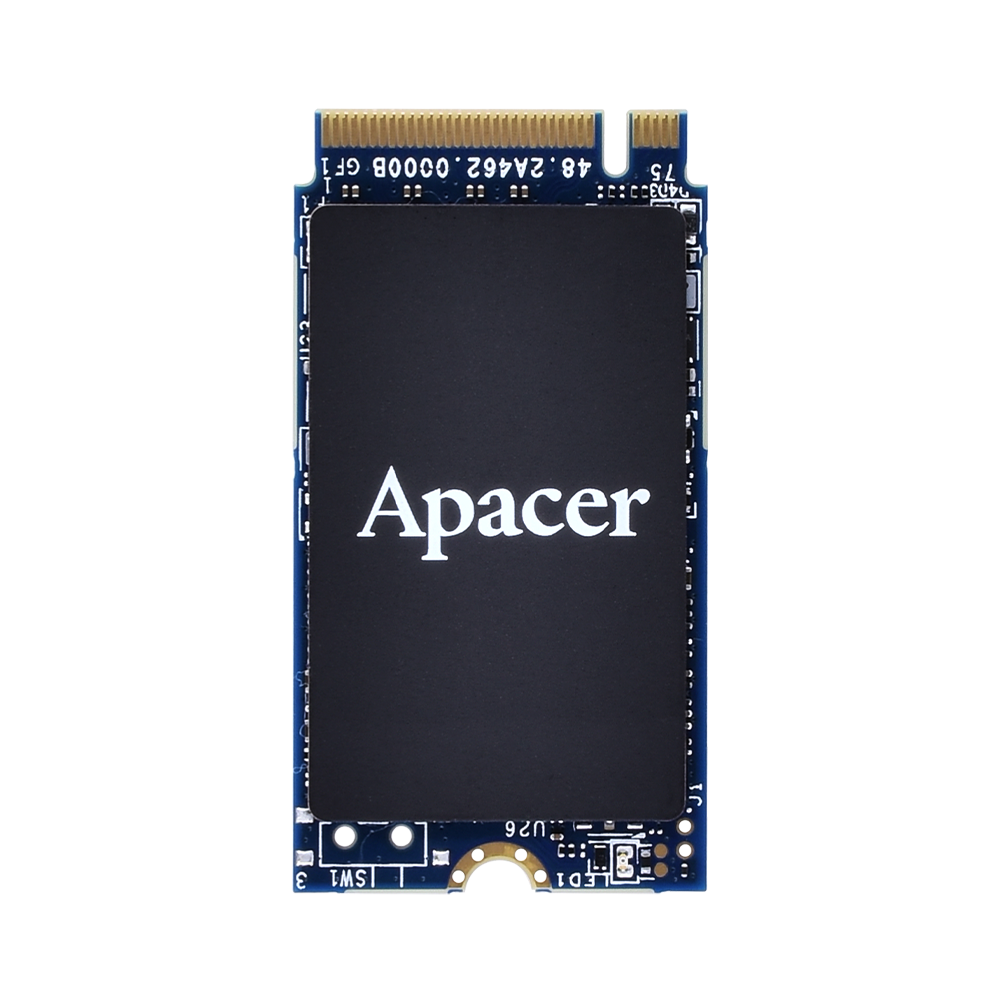
SSD
PV230-M242 (M Key)
-
New
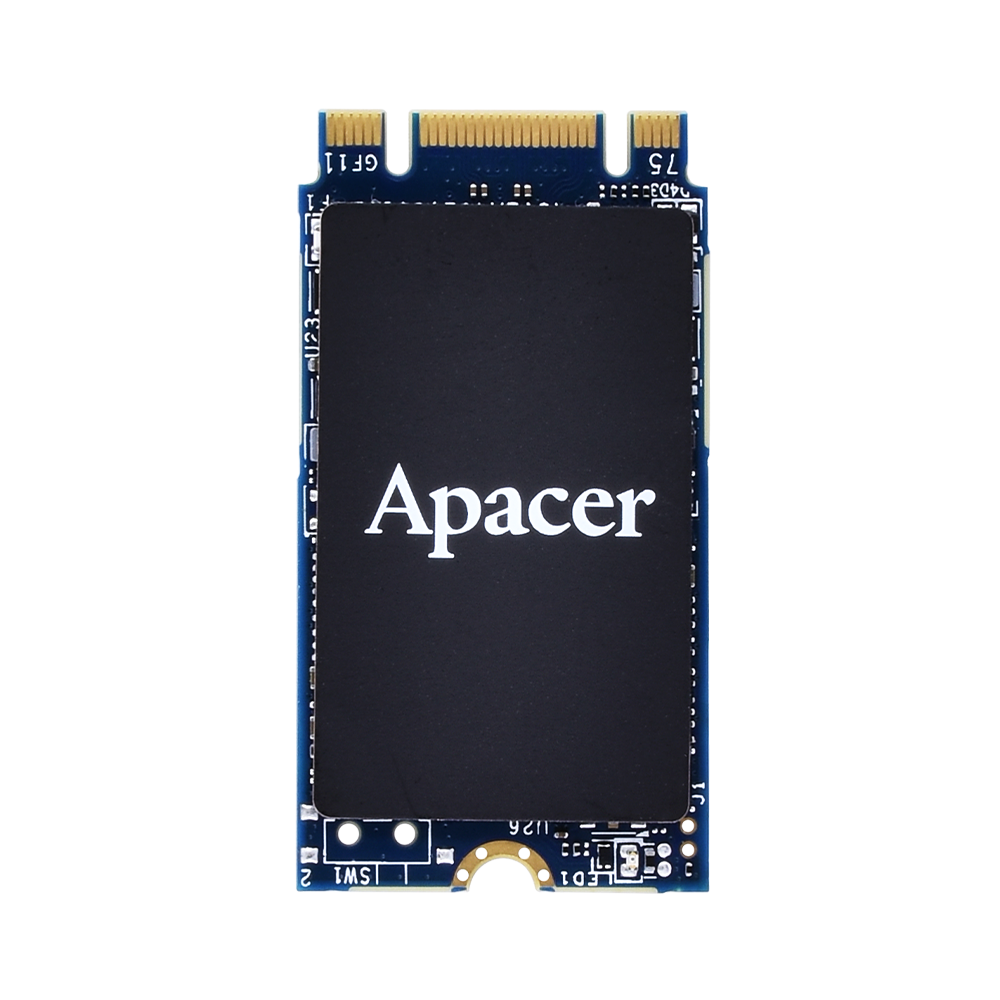
SSD
PV230-M242 (B+M Key)
-
New

SSD
PT230-M242
-
New
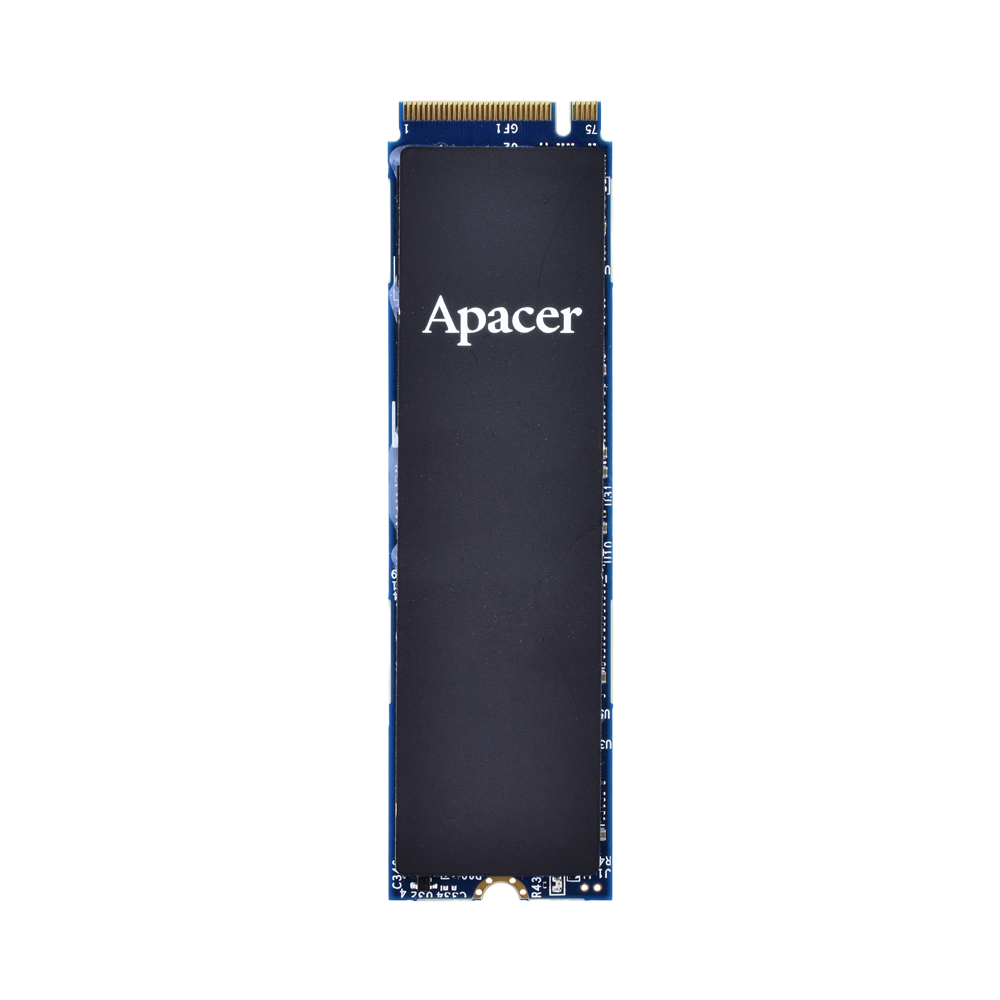
SSD
PV250-M280 Single Side
-
New
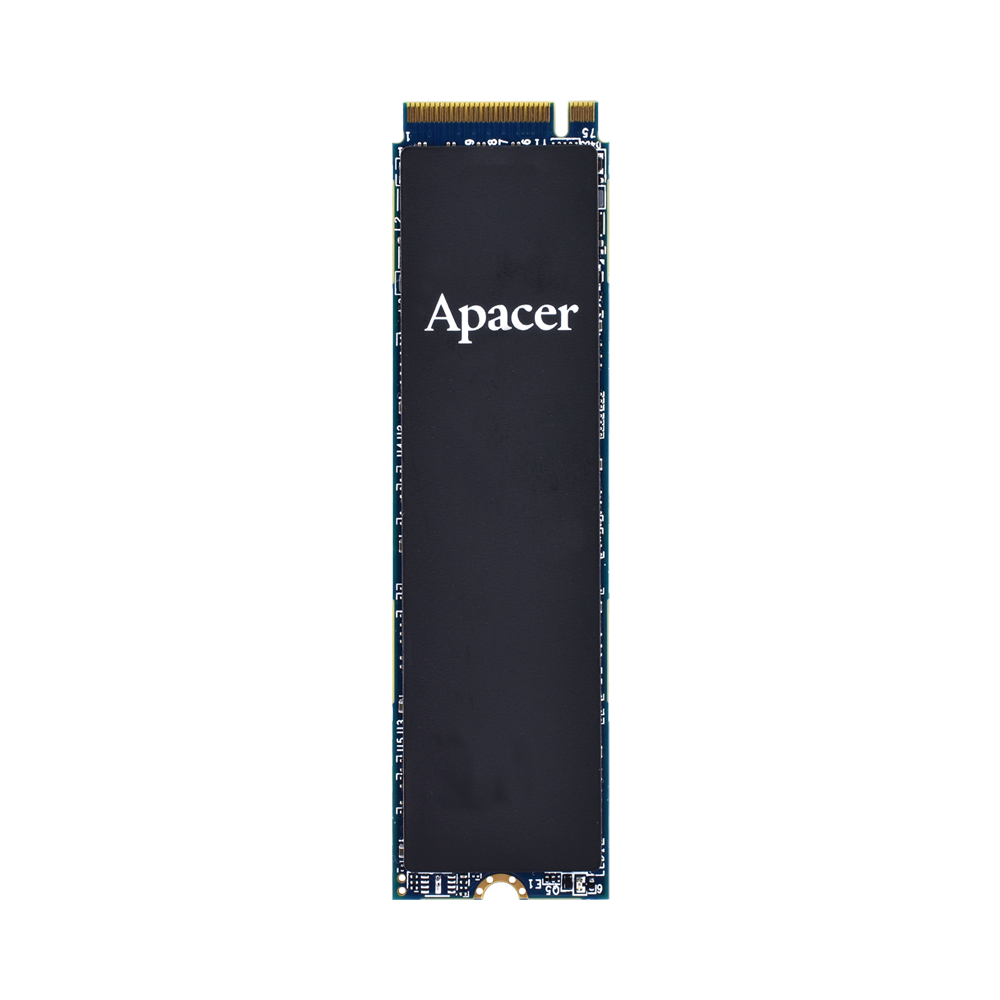
SSD
PT230-M280
-
New
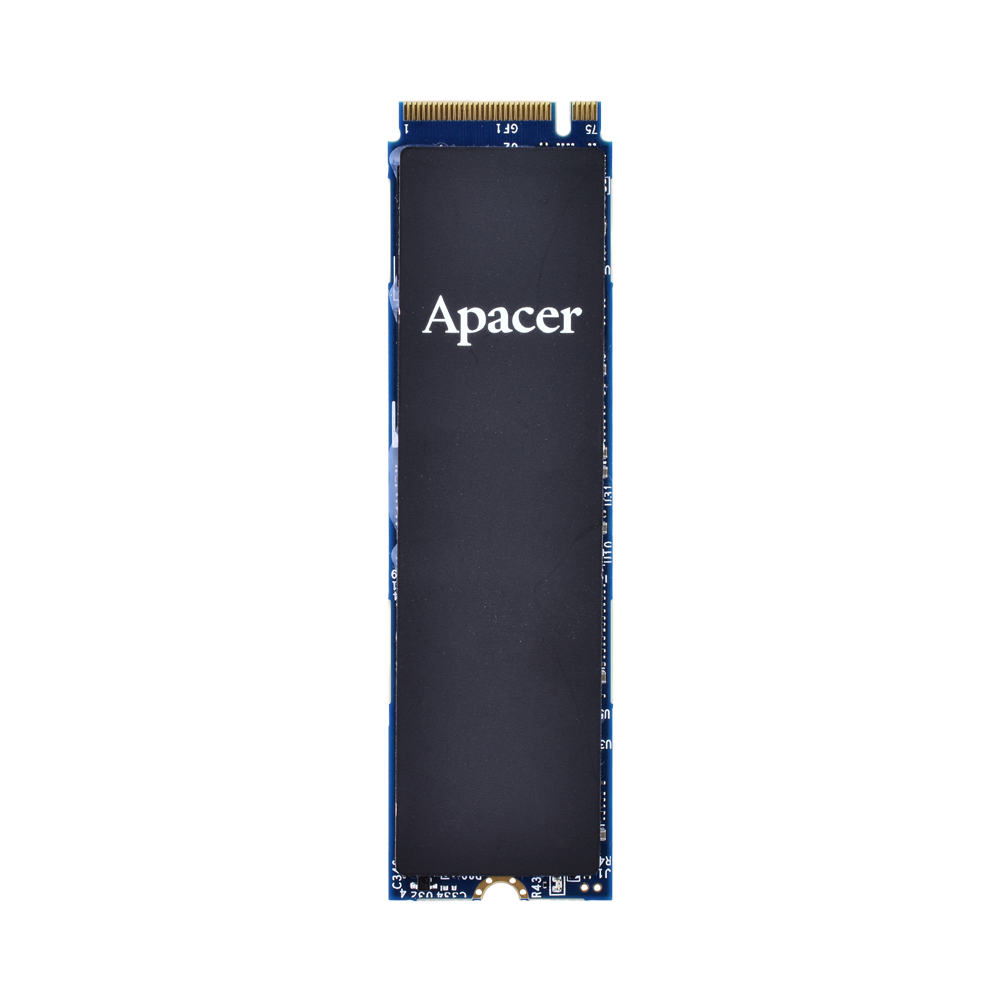
SSD
PT250-M280 Single side
-
New
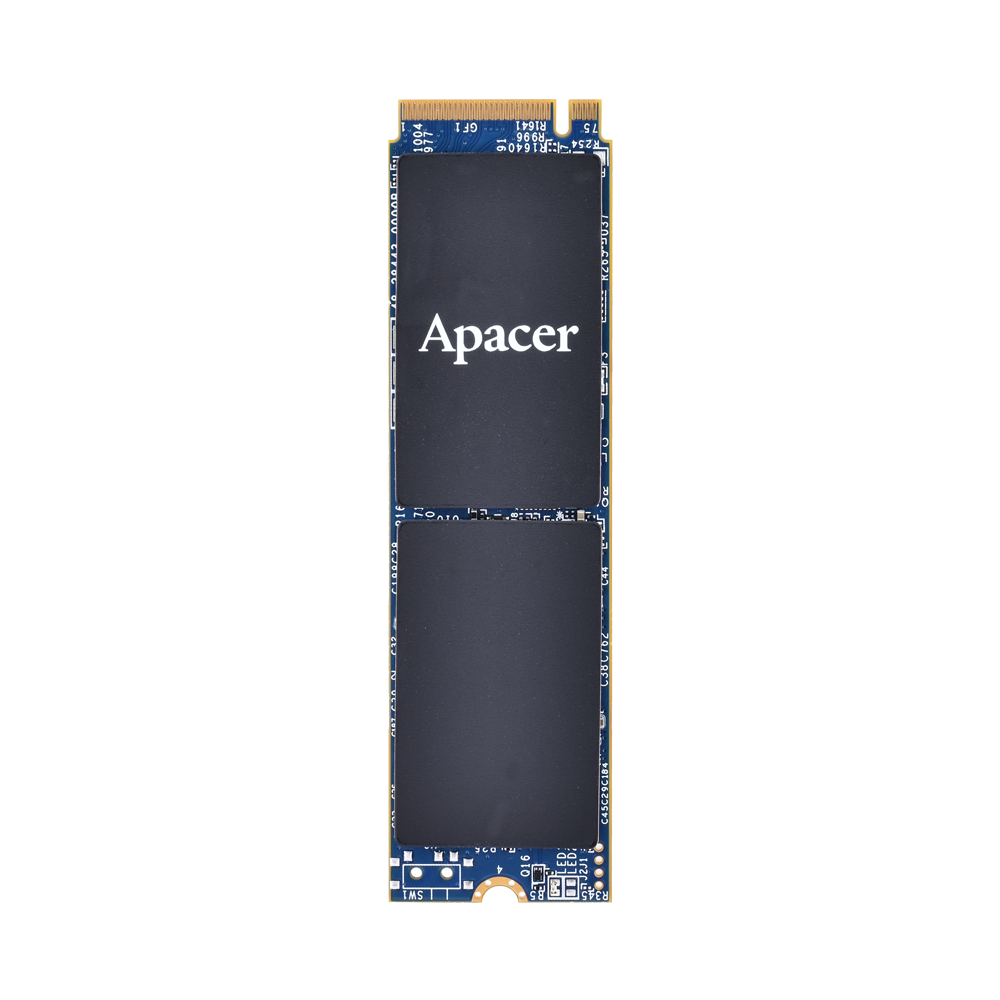
SSD
PT25P-M280
-
New
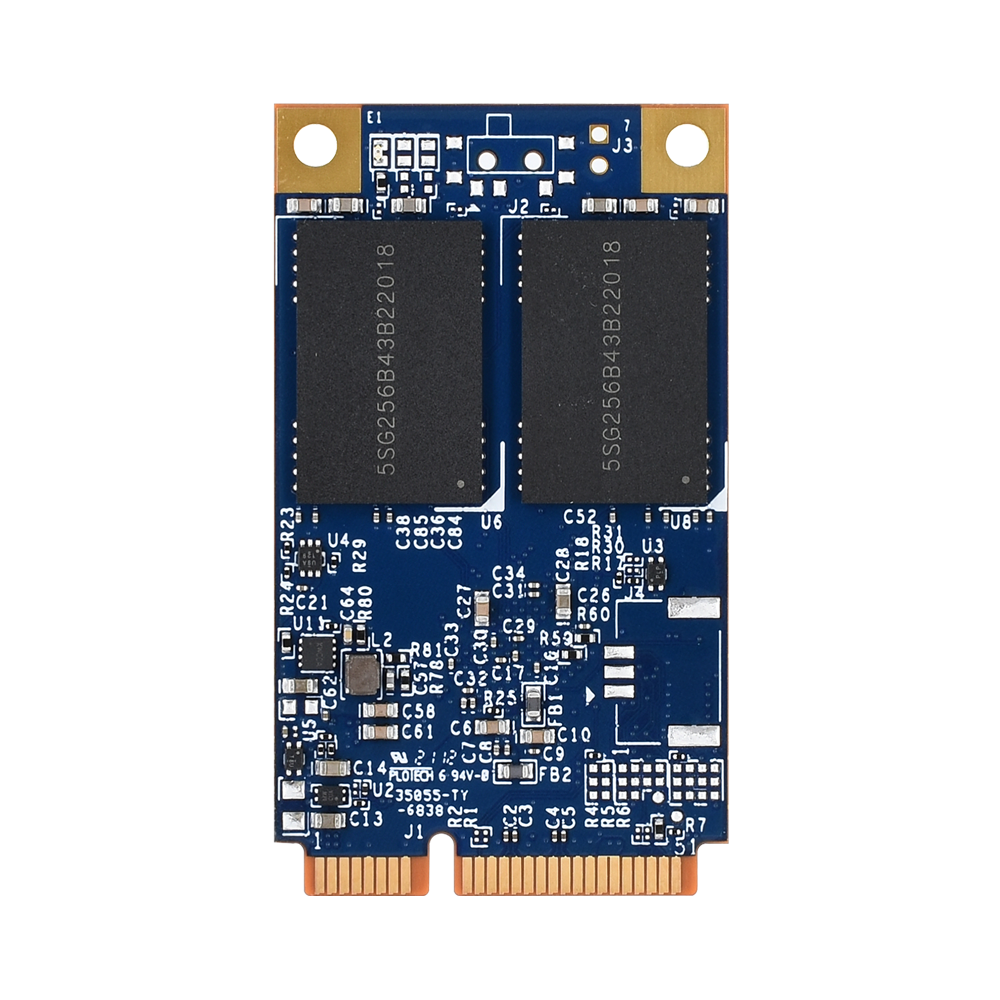
SSD
ST250-300 Commercial Extended Temperature
-
New
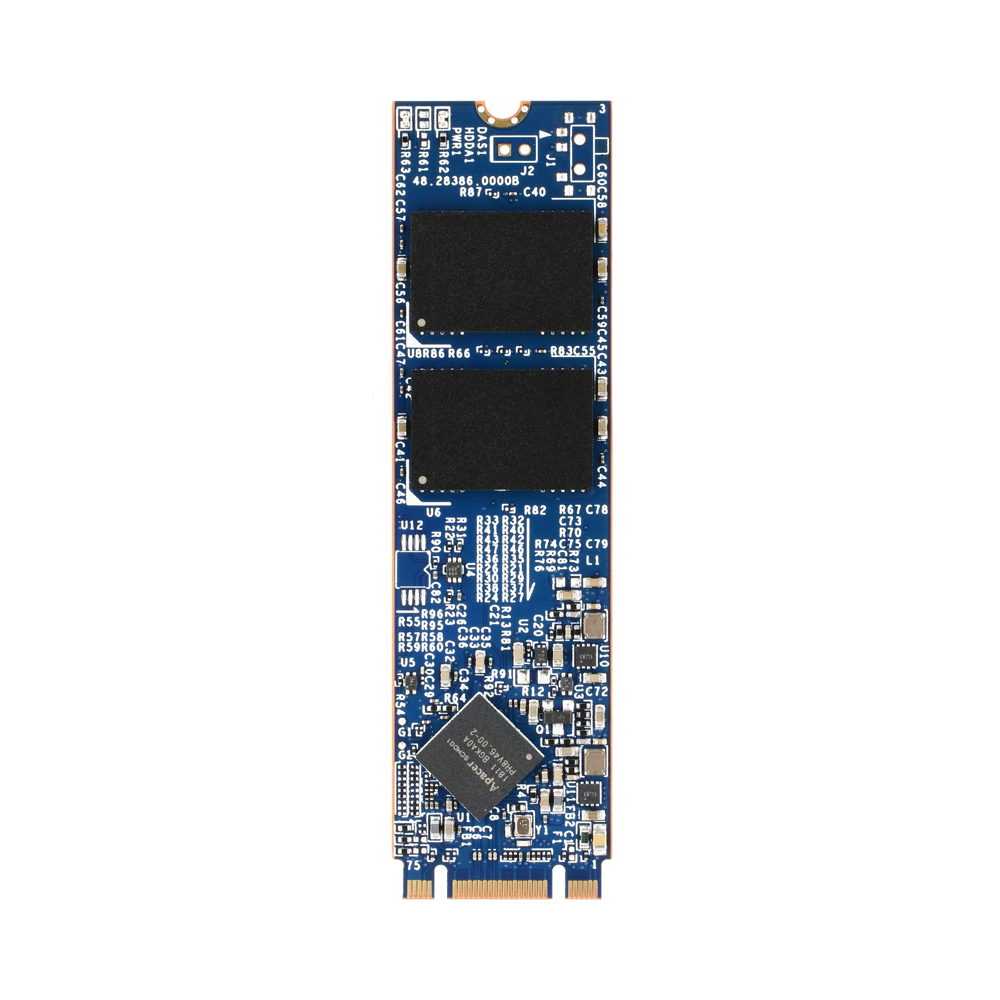
SSD
ST250-M280 Commercial Extended Temperature
-
New

SSD
ST250-25 Commercial Extended Temperature
-
New
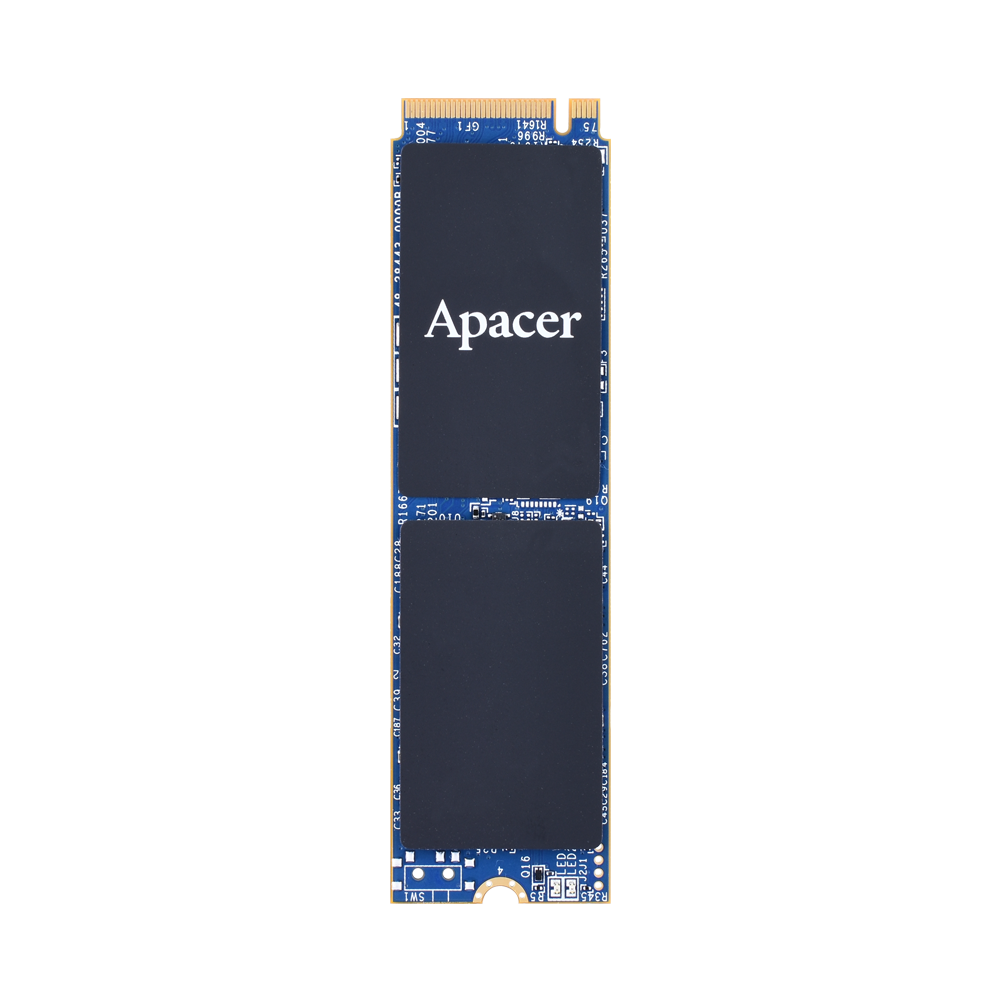
SSD
PT250-M280 Commercial Extended Temperature
-
New
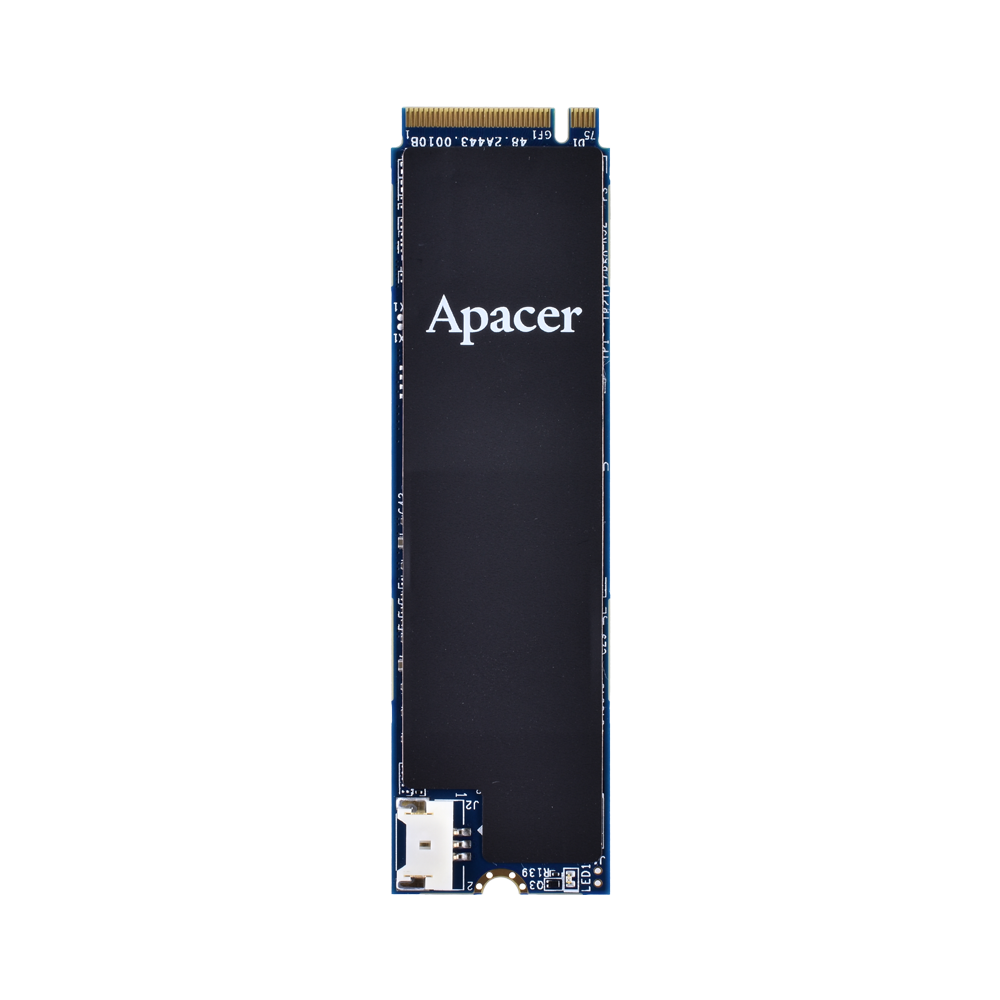
SSD
PV250-M280 CoreSnapshot2 Client version
-
New
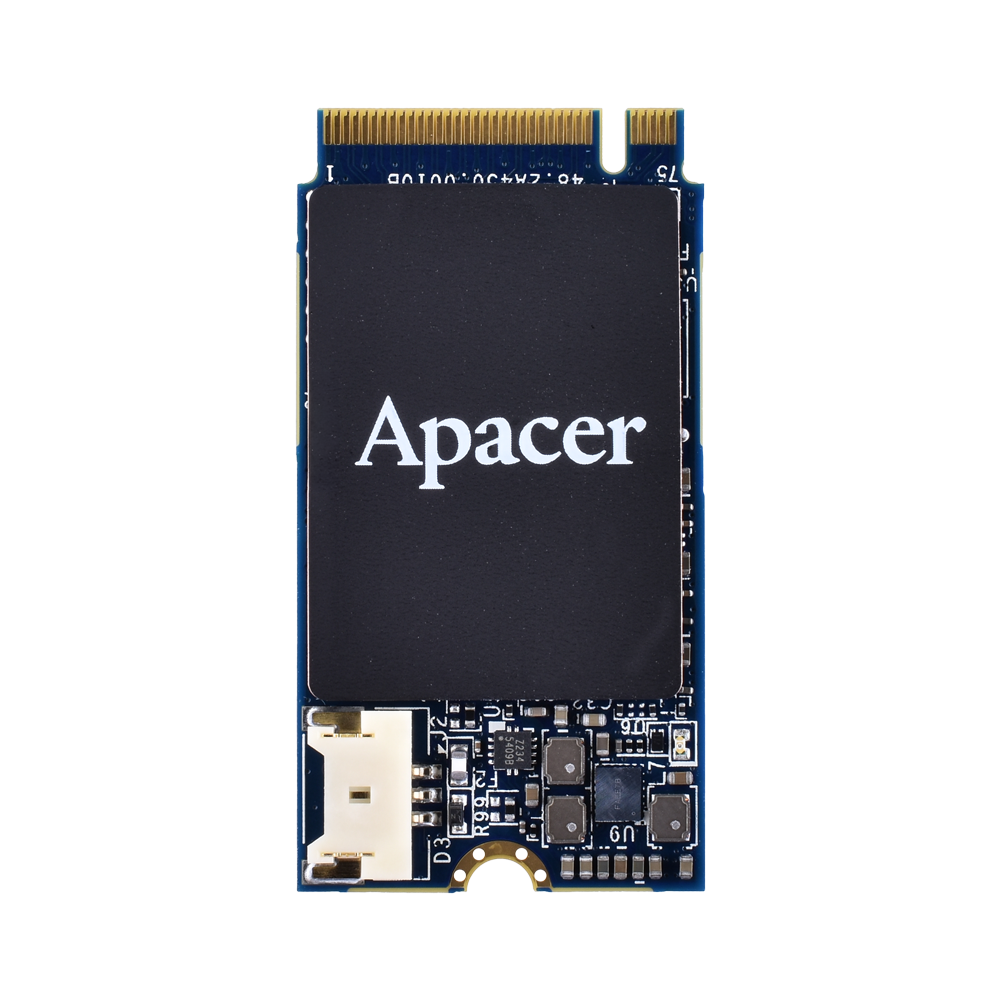
SSD
PV250-M242 CoreSnapshot2 Client version
-
New

SSD
PV25C-M242 CoreSnapshot2 Cloud version
-
New

SSD
PV25C-M280 CoreSnapshot2 Cloud version
-
New
 (1).png)
SSD
PV250-M242
-
New
.png)
SSD
PV25P-M242
-
New
.png)
SSD
PT25P-M242
-
New
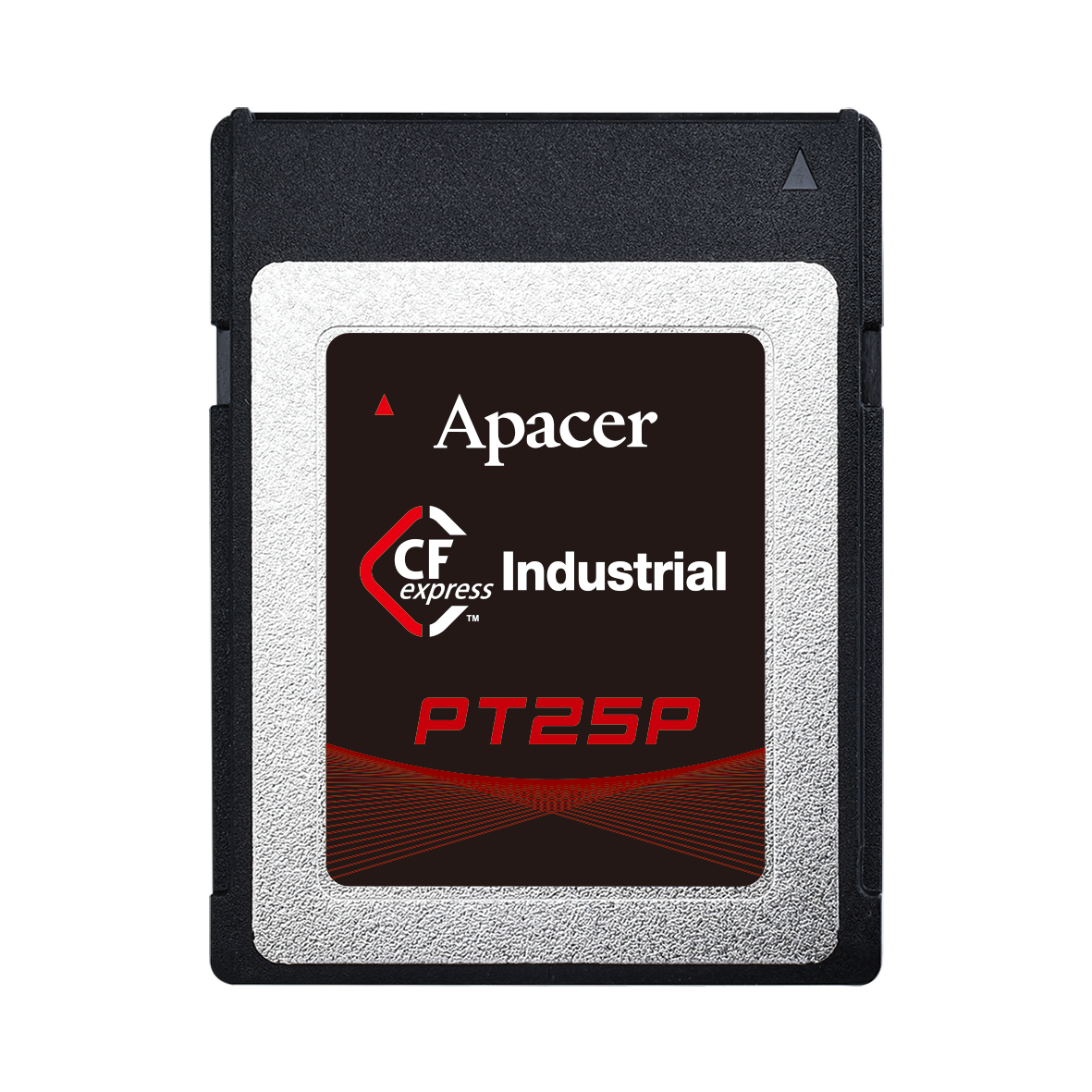
SSD
PT25P-CFX
-
New
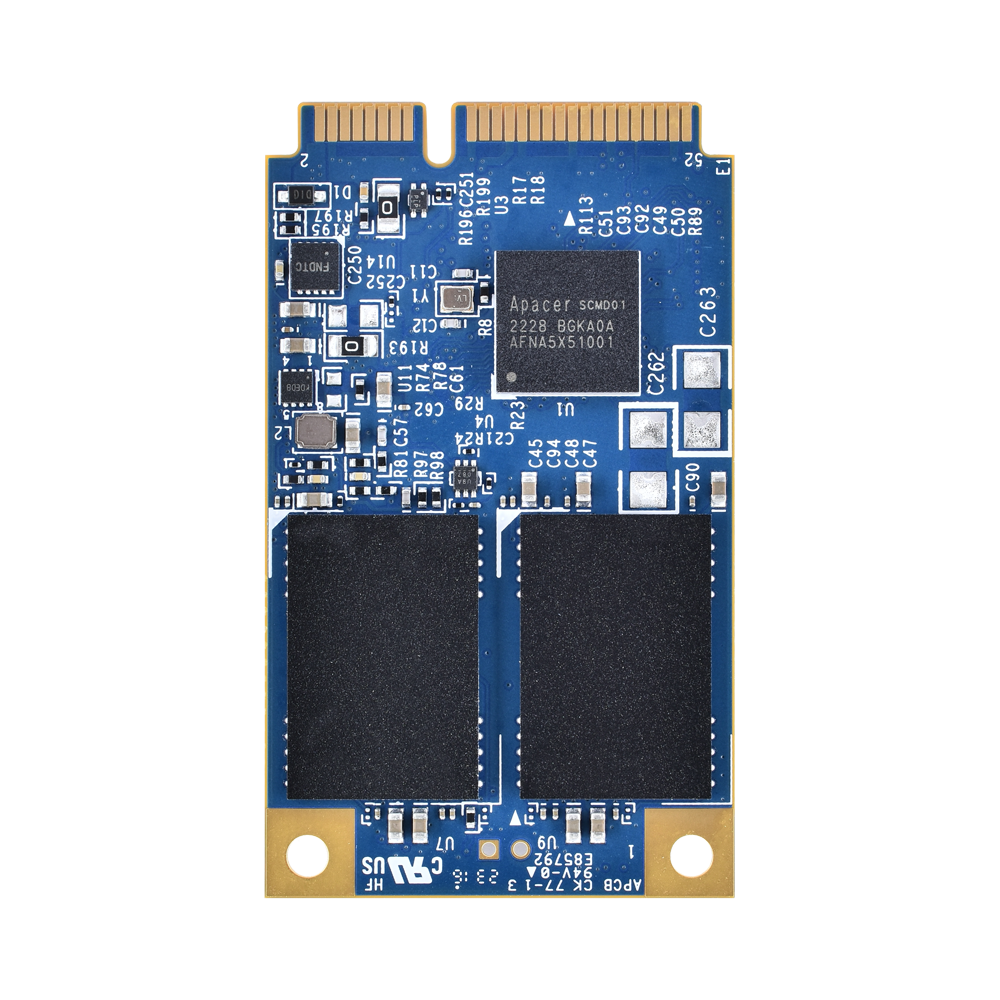
SSD
SV25P-300
-
New
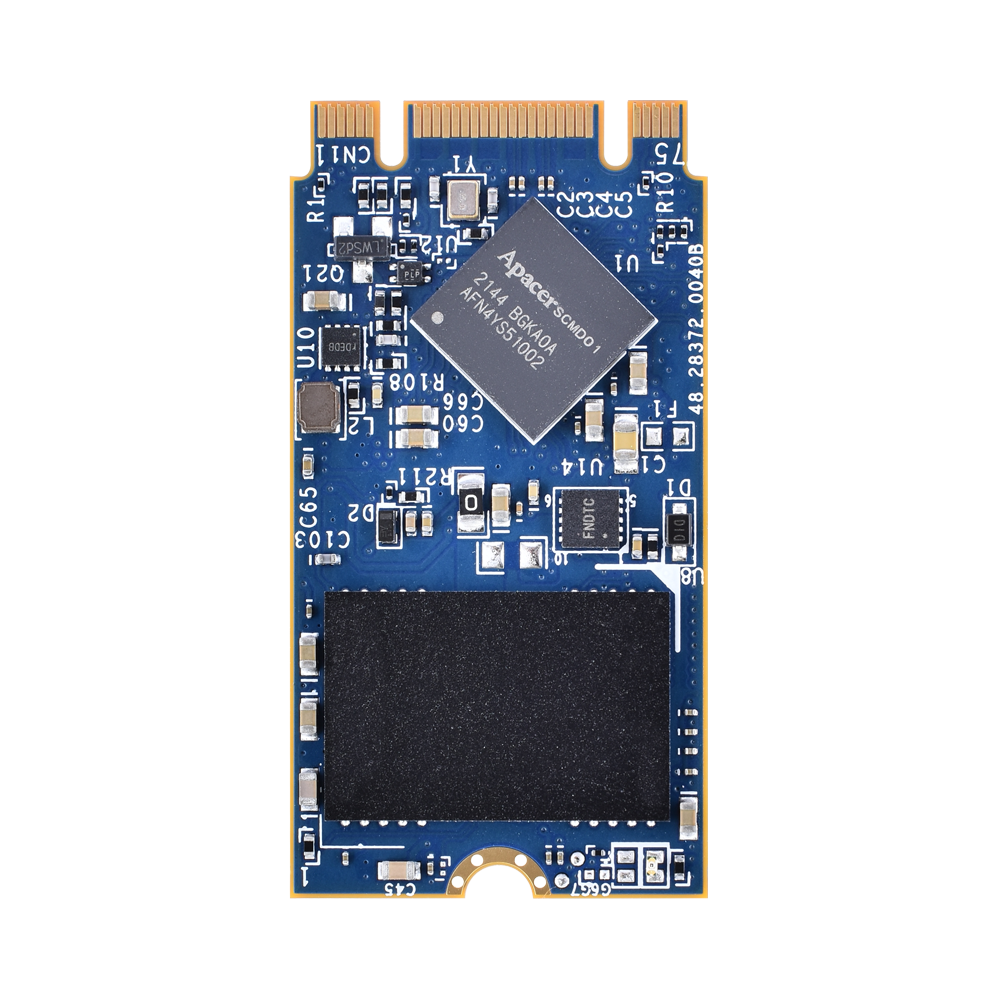
SSD
SV25P-M242
-
New
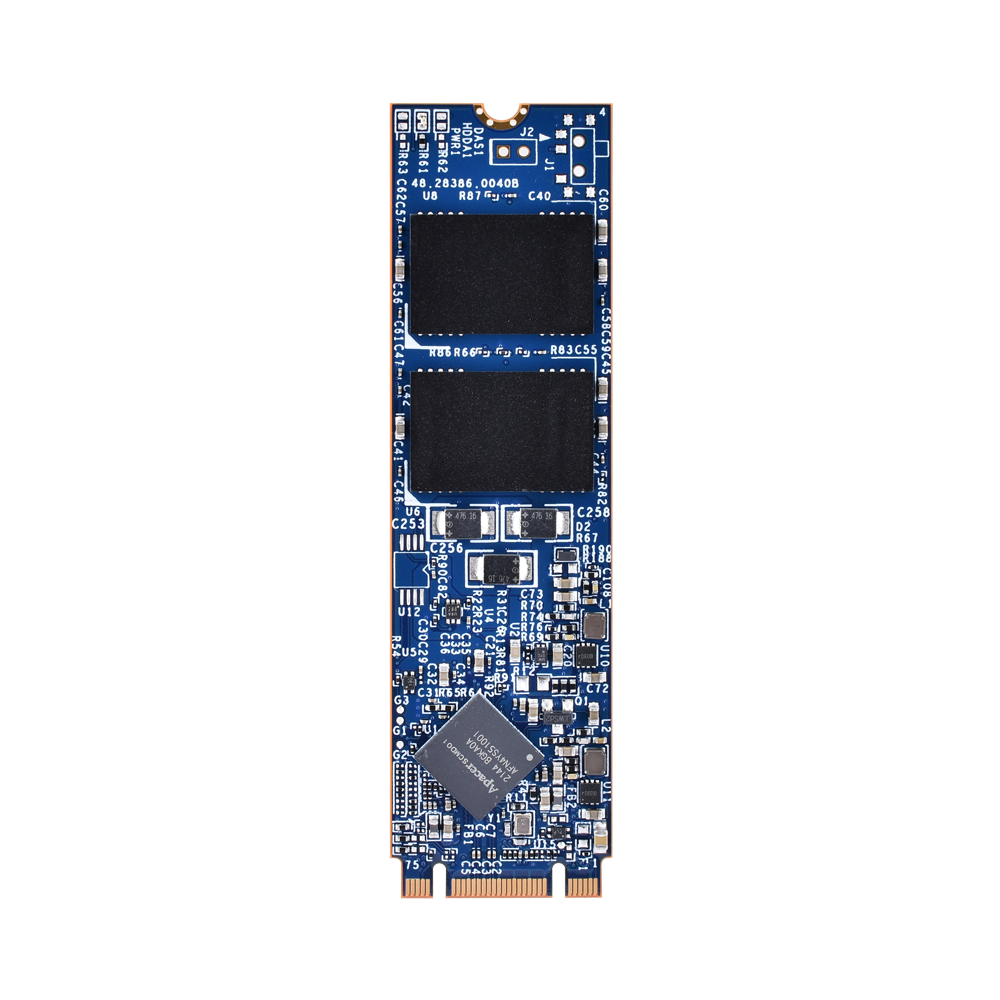
SSD
SH25P-M280
-
New

SSD
SH25P-M242
-
New
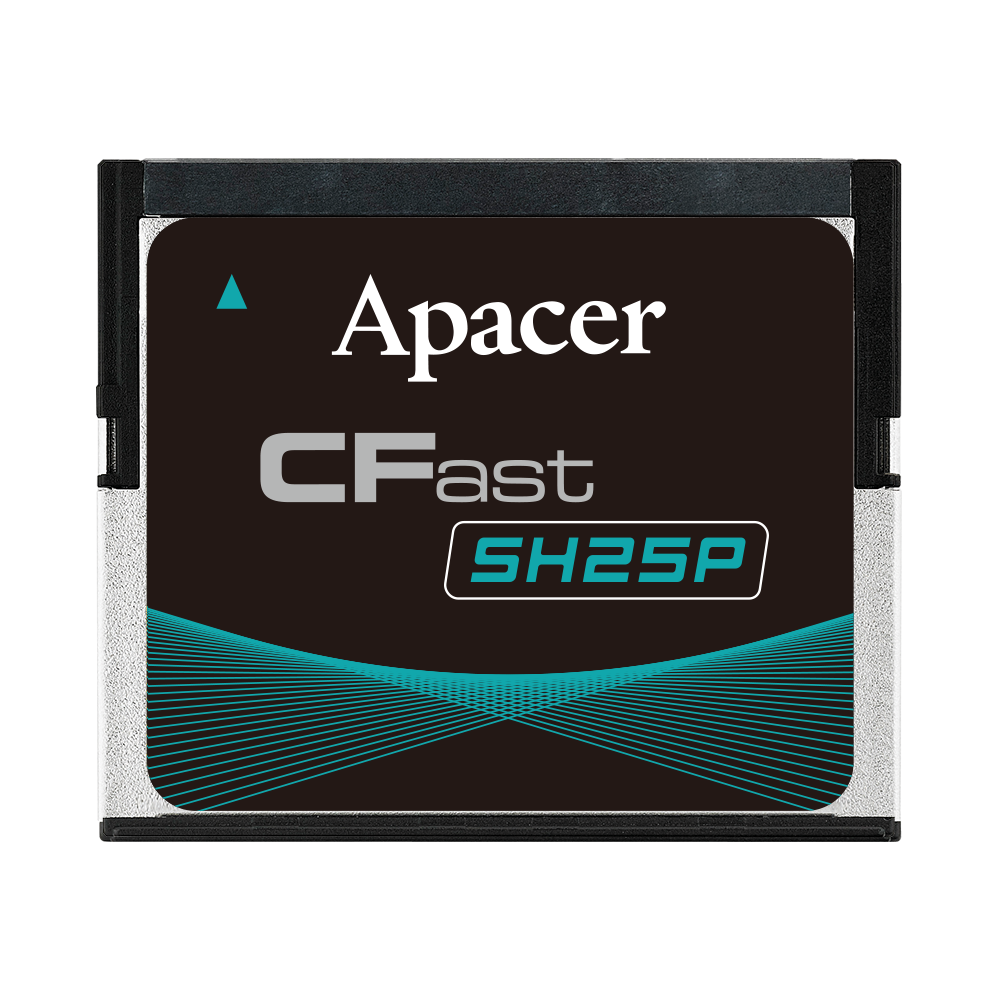
SSD
SH25P-CFast
-
New

SSD
SH25P-300
-
New
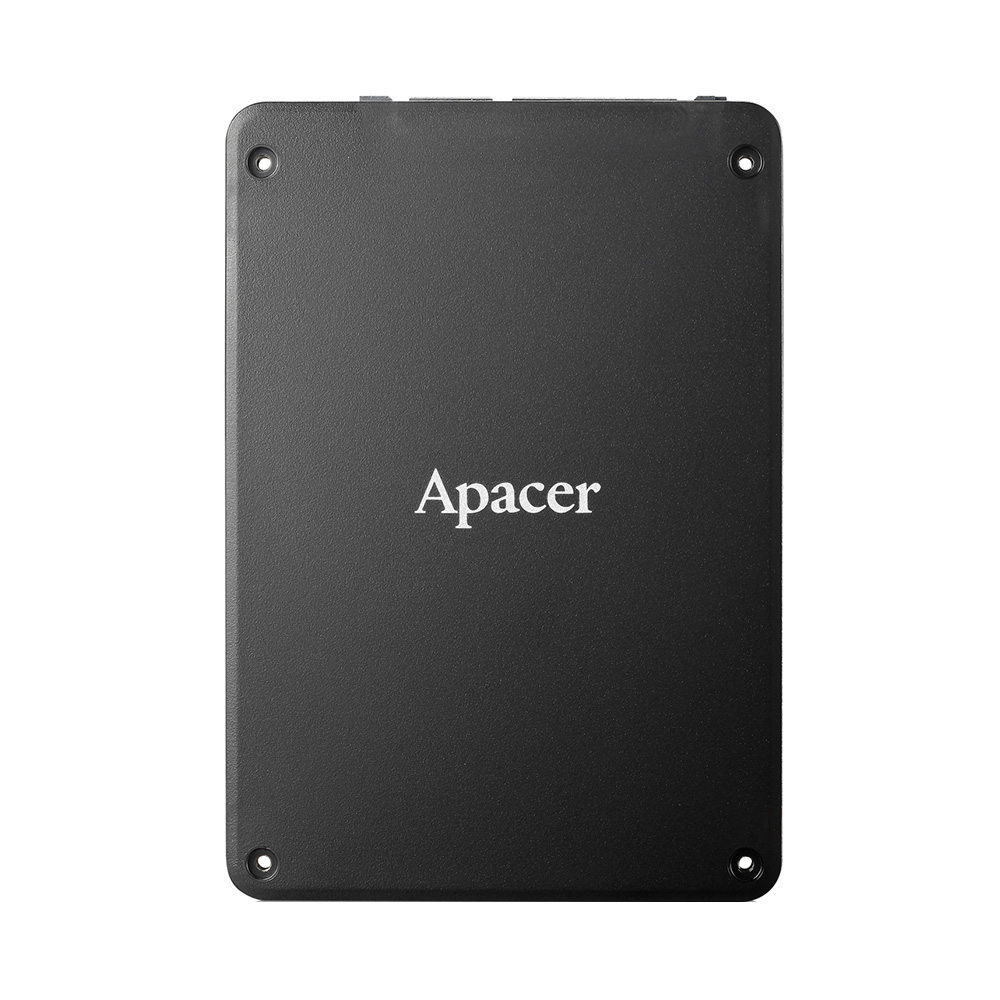
SSD
SH25P-25
-
New
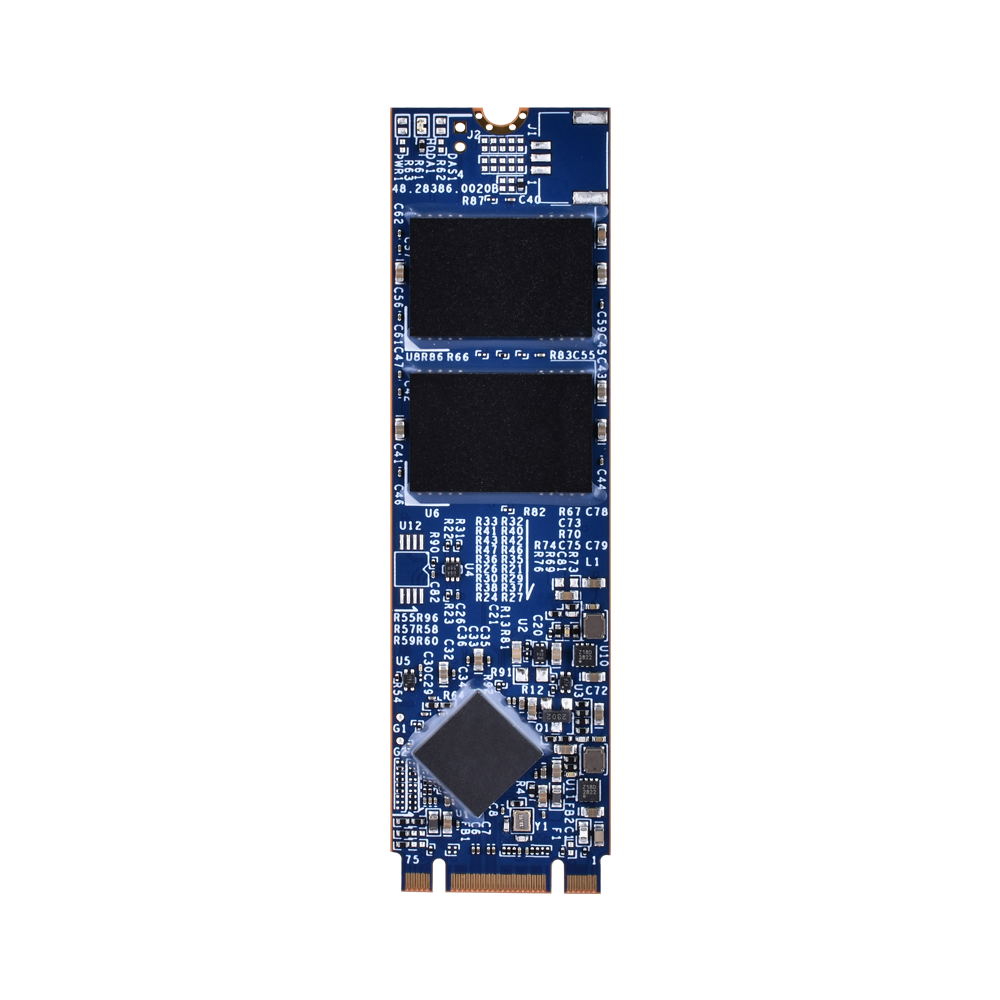
SSD
SV250-M280 CoreRescue ASR
-
New
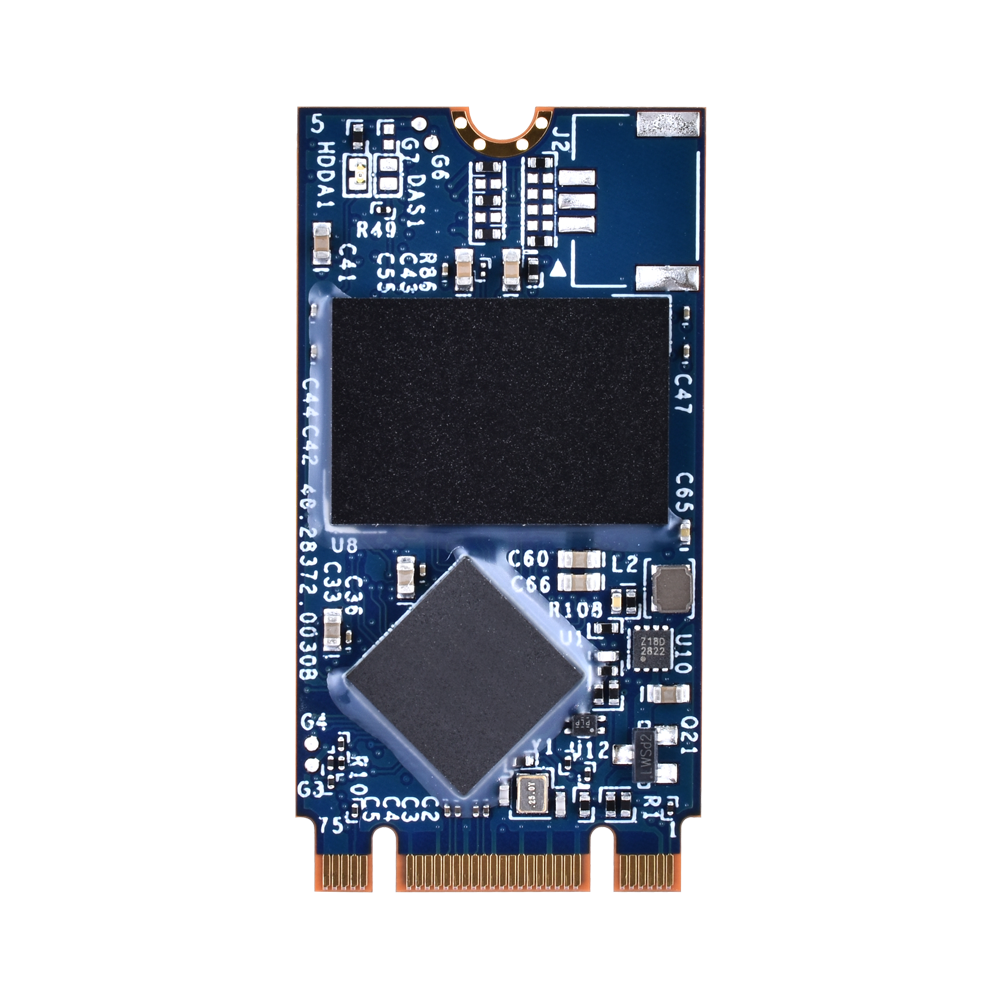
SSD
SV250-M242 CoreRescue ASR
-
New
-25_photo.jpg)
SSD
SV250-25 CoreRescue ASR
-
New
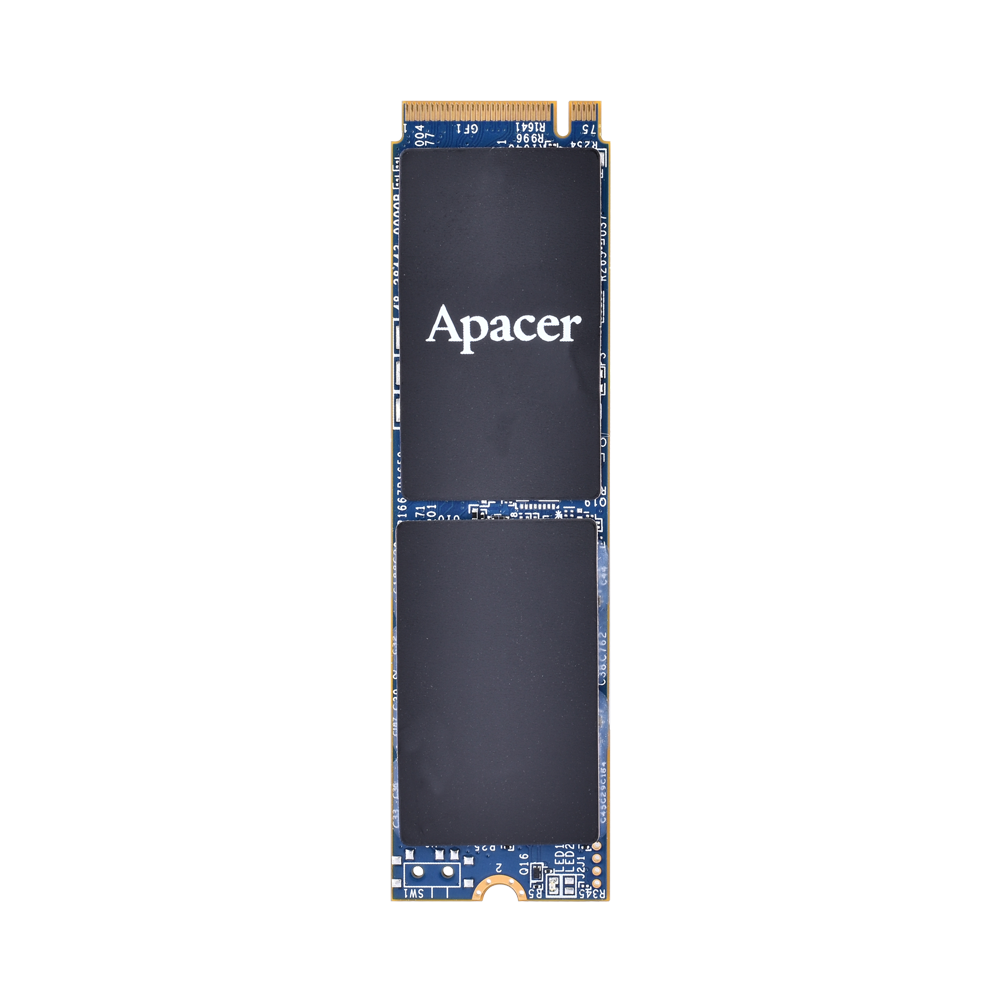
SSD
PH250-M280
-
New
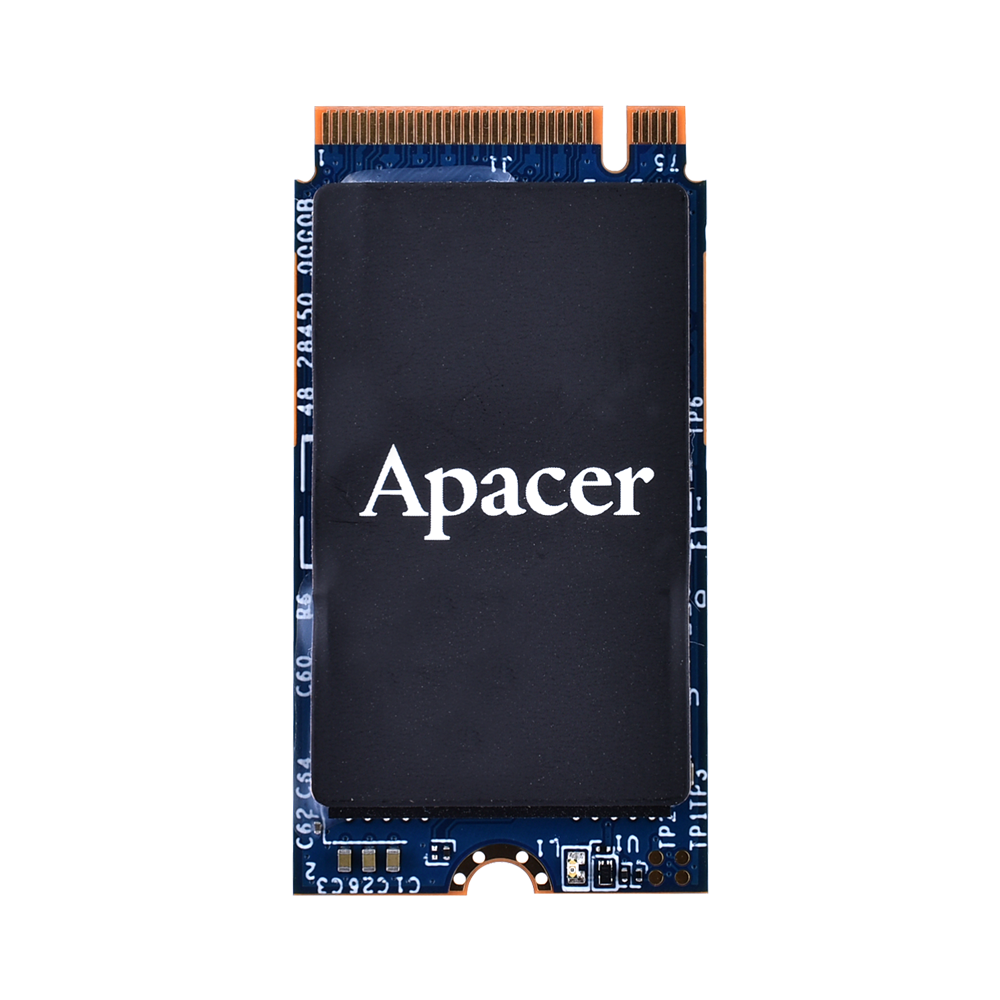
SSD
PH250-M242
-
New
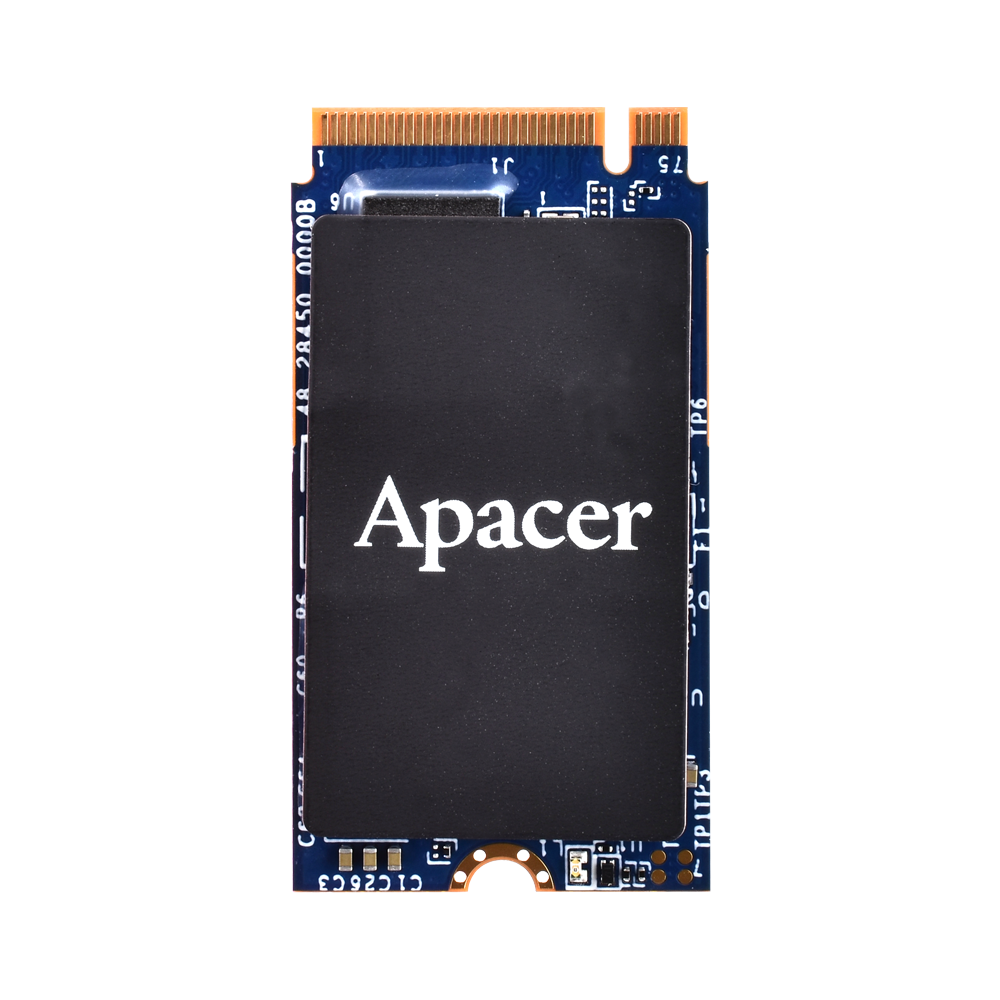
SSD
PT250-M242
-
New

SSD
PV25P-M280
-
New
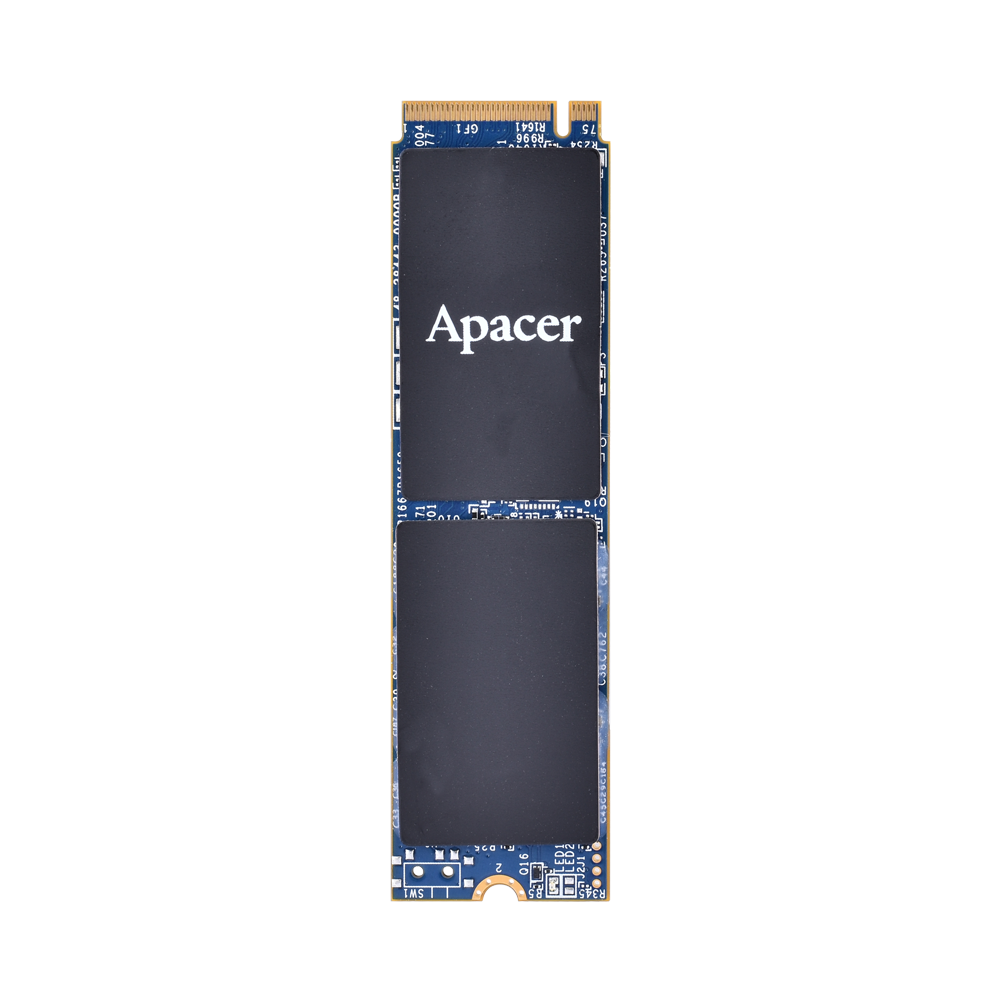
SSD
PV250-M280
-
New
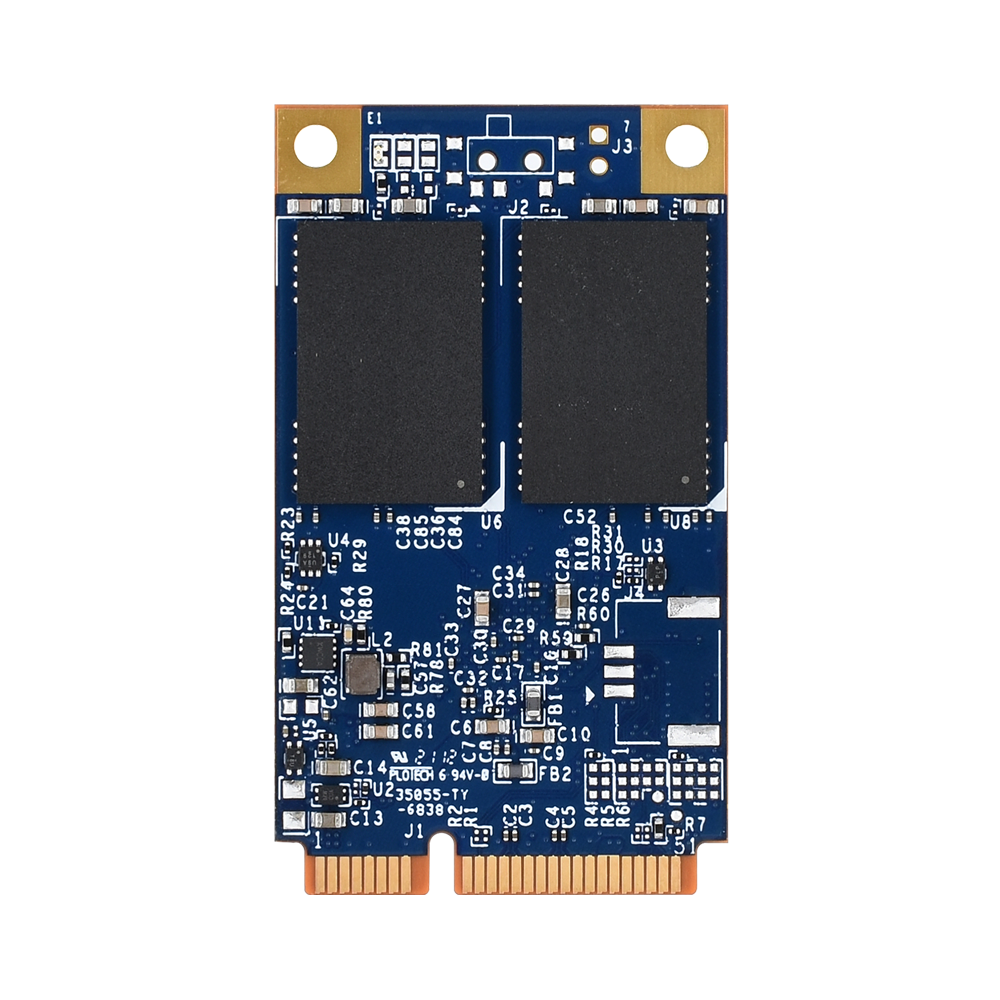
SSD
SH250-300
-
New
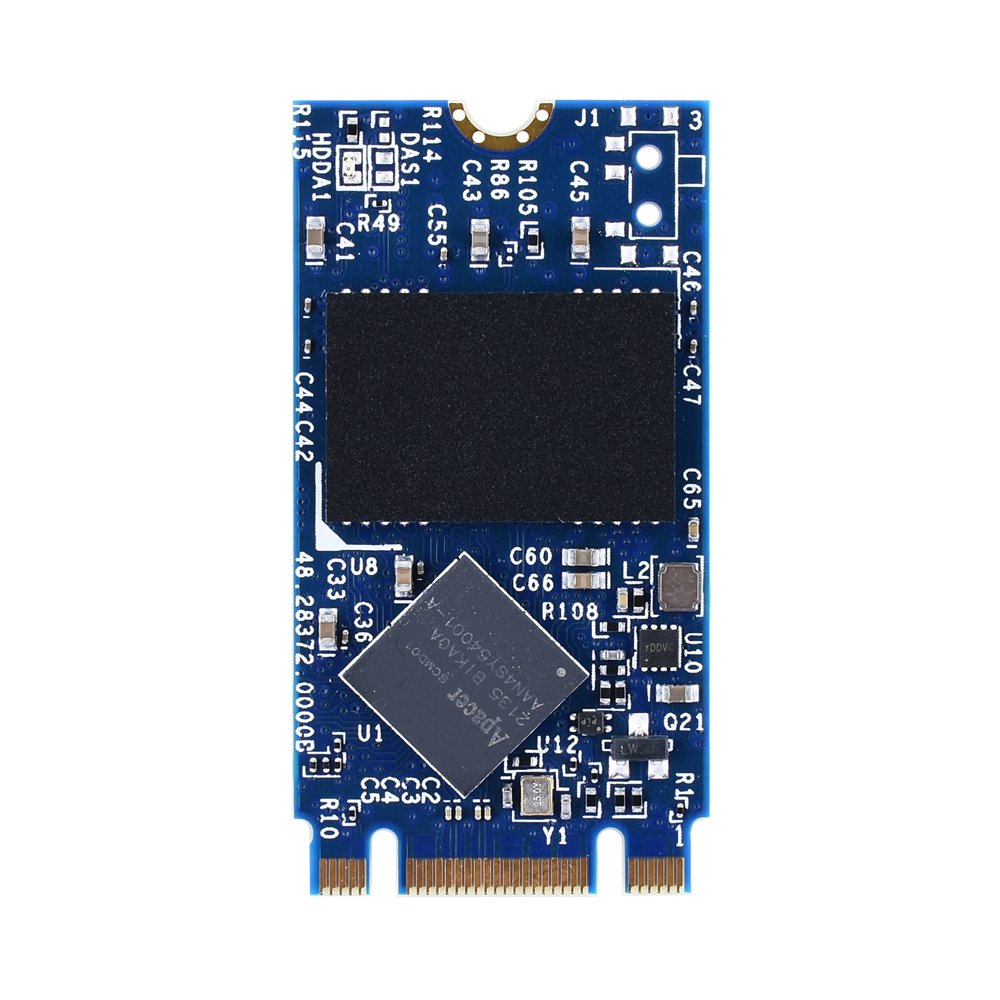
SSD
SH250-M242
-
New

SSD
PT250-M280
-
New
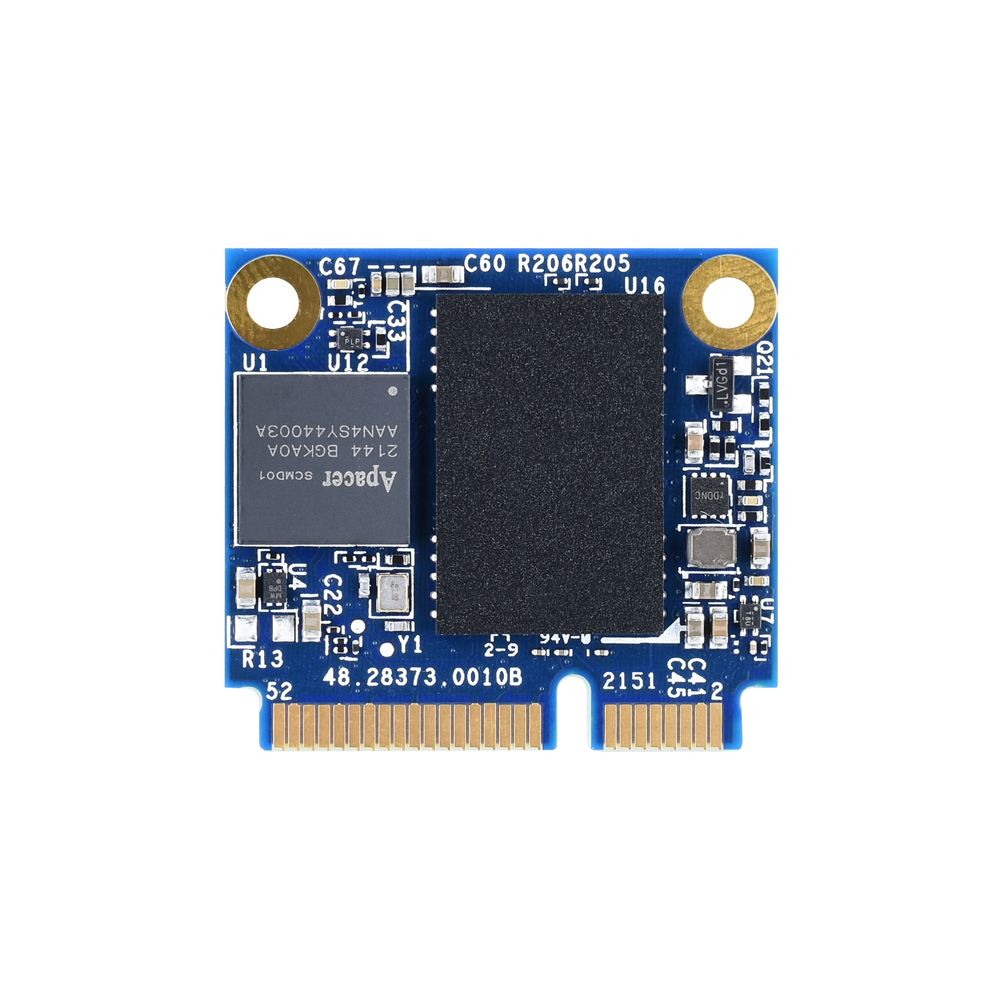
SSD
SH250-300B
-
New
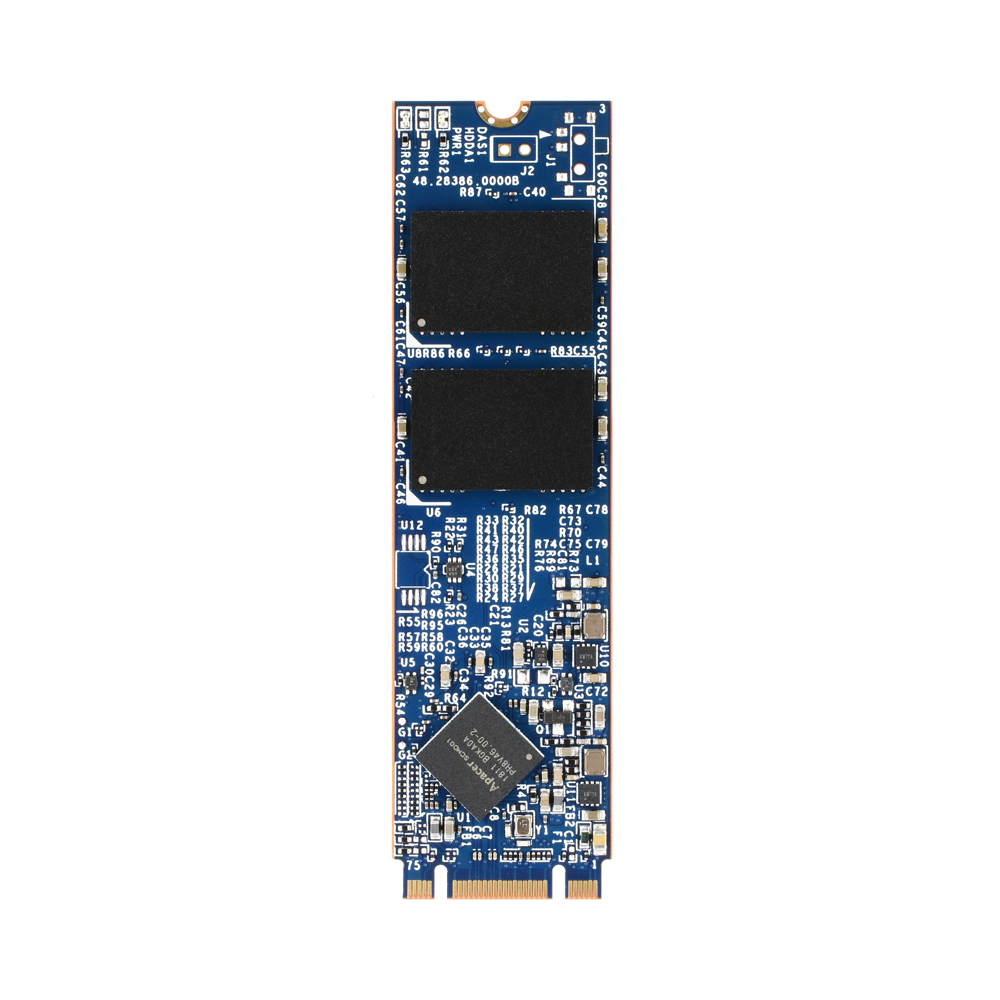
SSD
SH250-M280
-
New
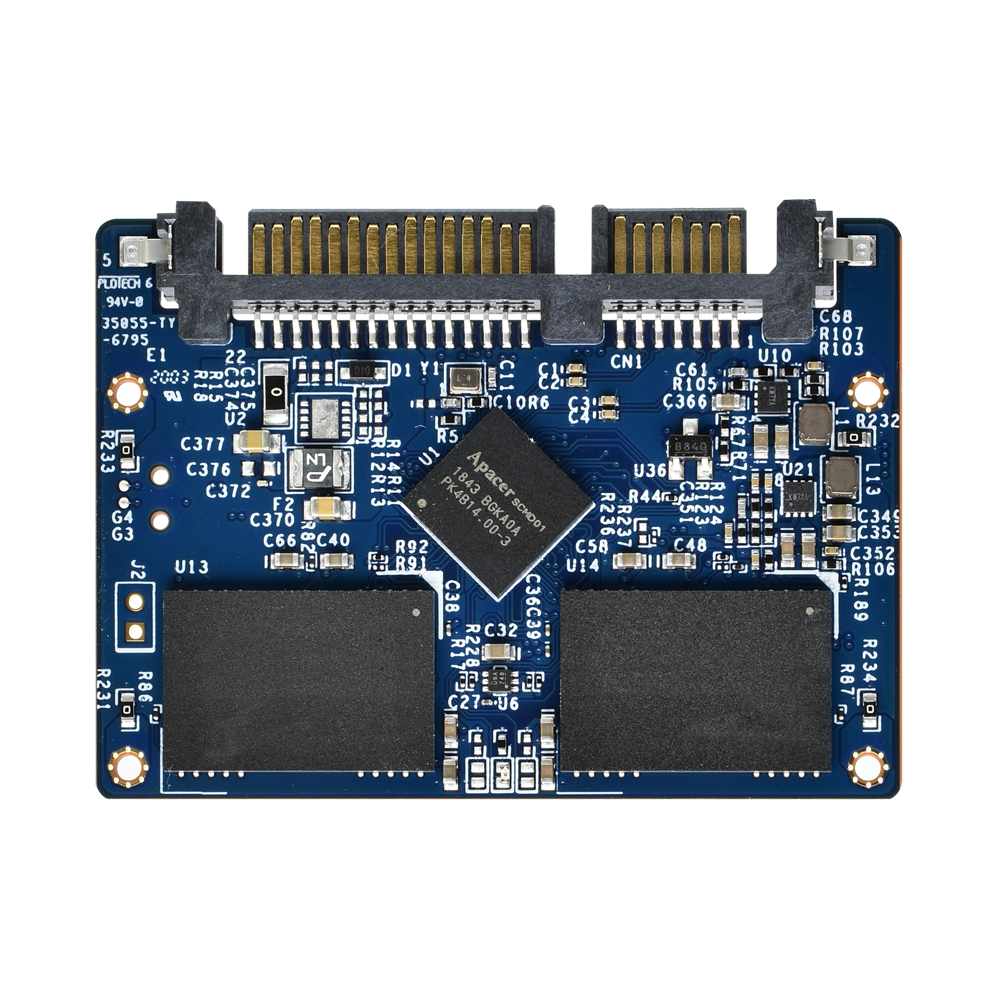
SSD
ST250-297
-
New

SSD
ST250-300
-
New
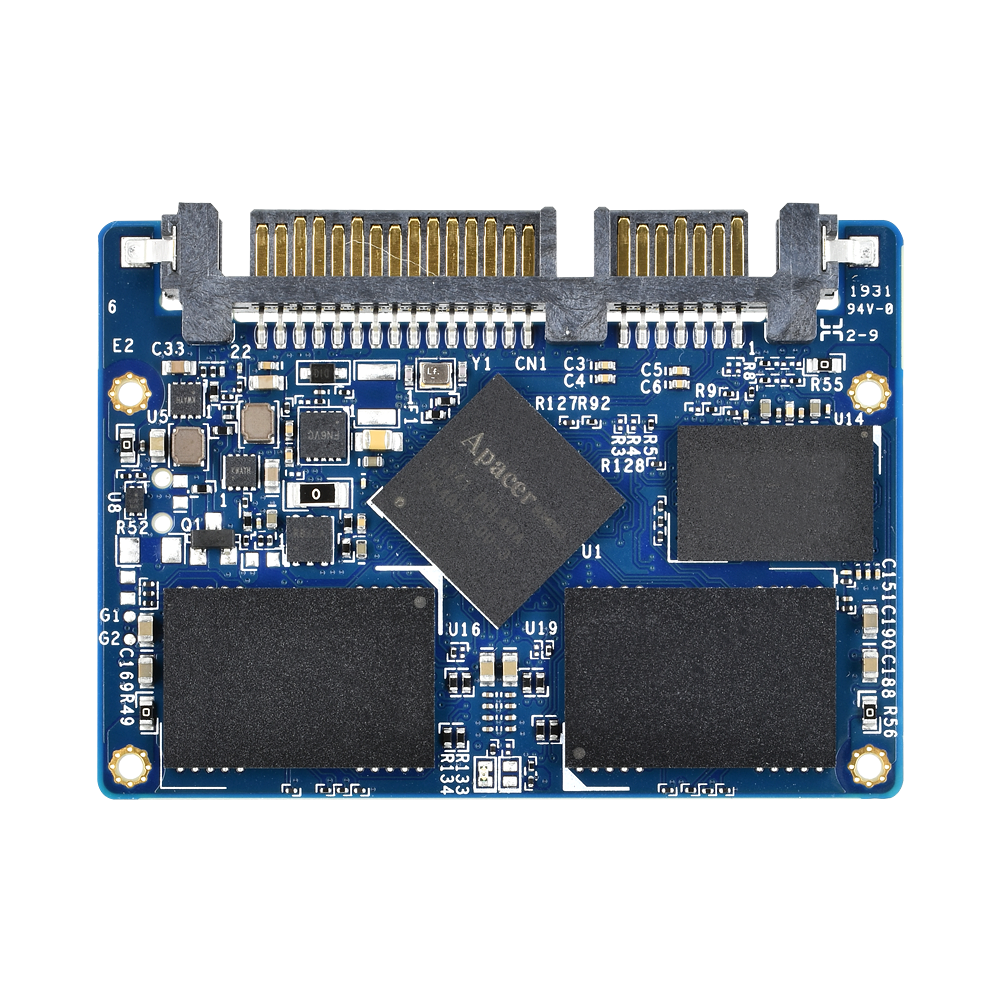
SSD
SV240-297
-
New
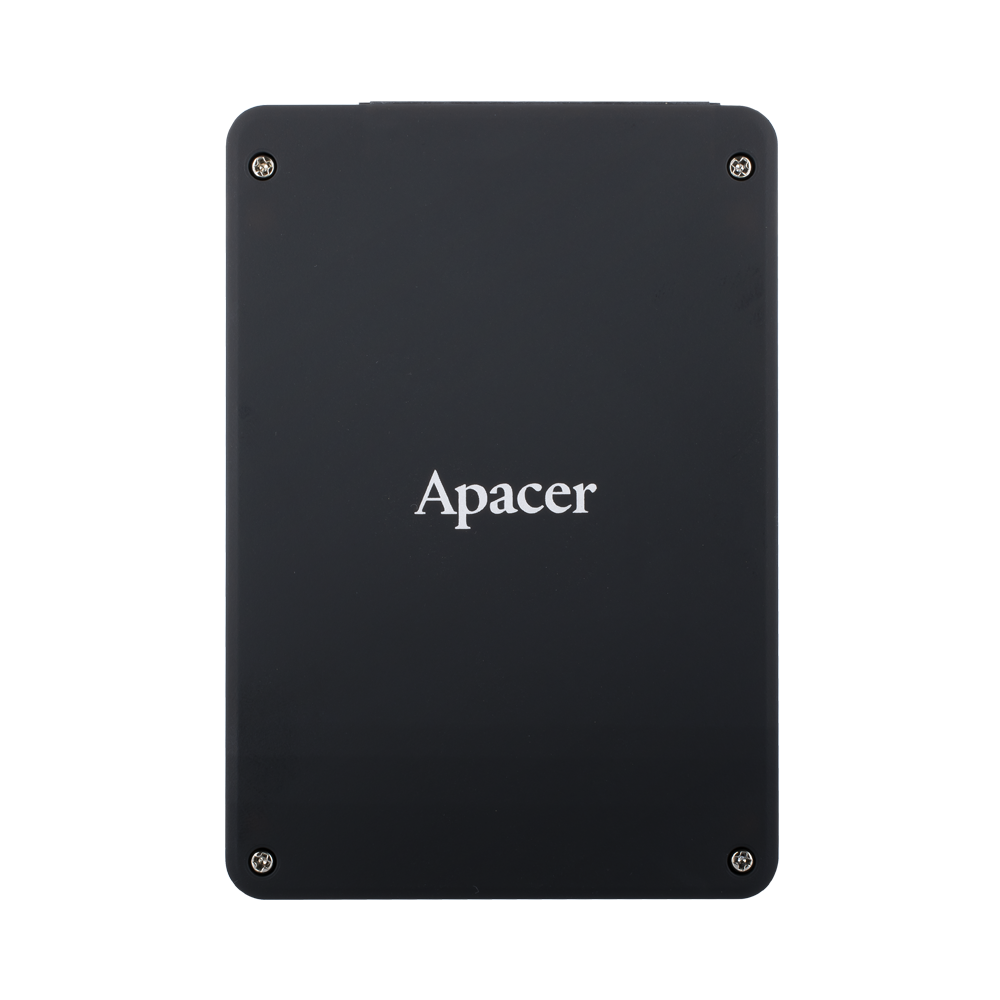
SSD
SH250-25
-
New
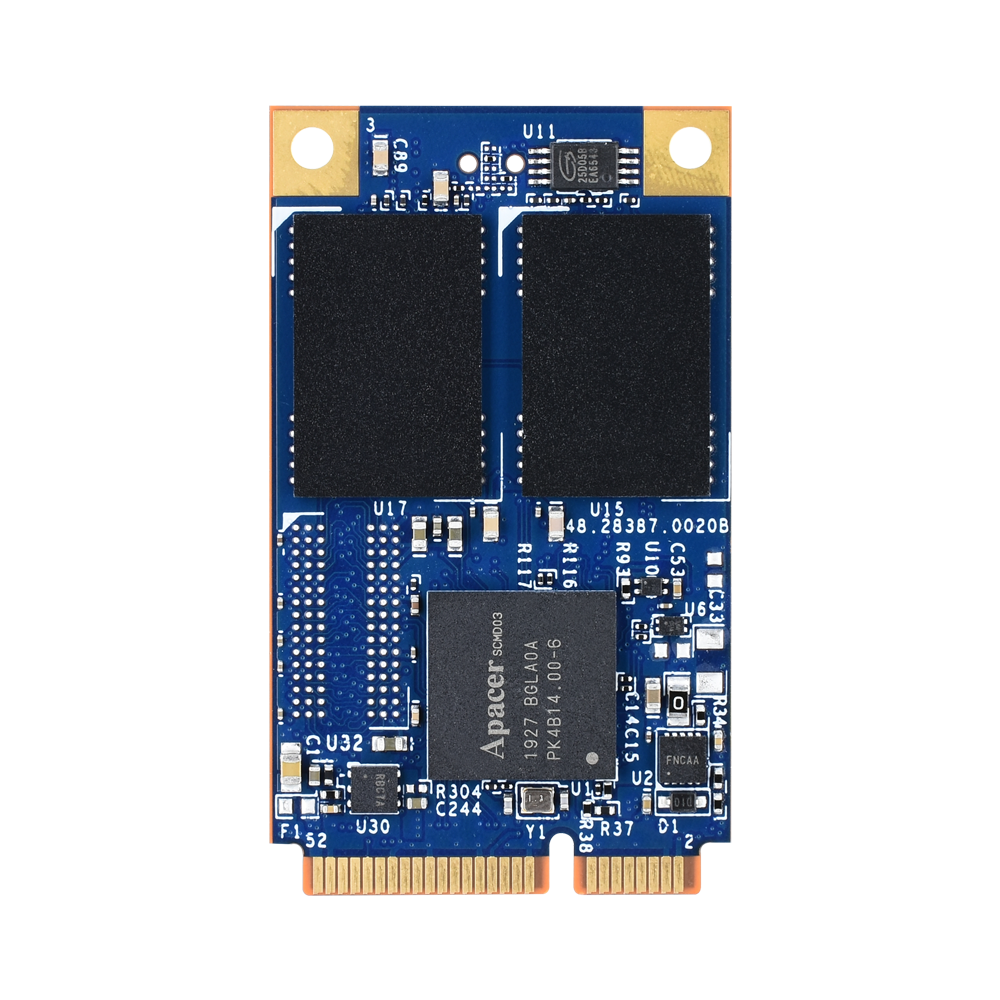
SSD
SV240-300
-
New
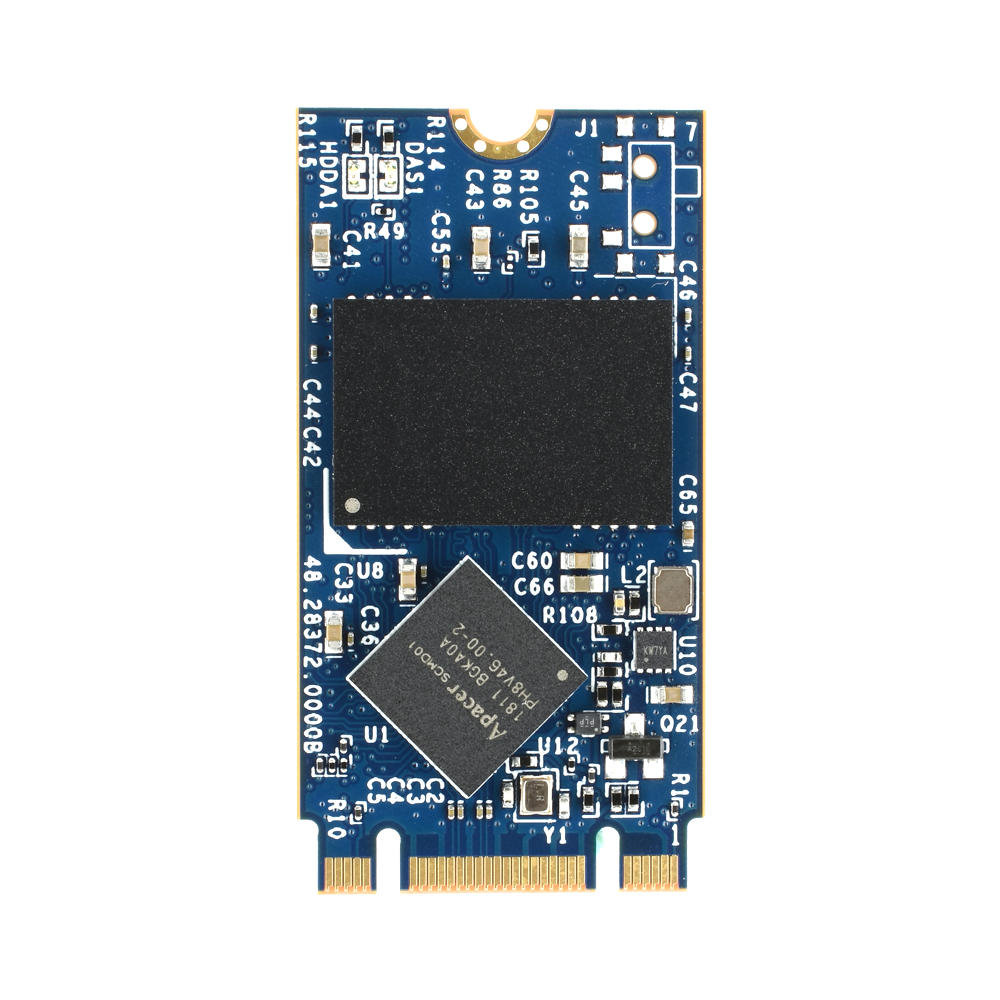
SSD
ST250-M242
-
New
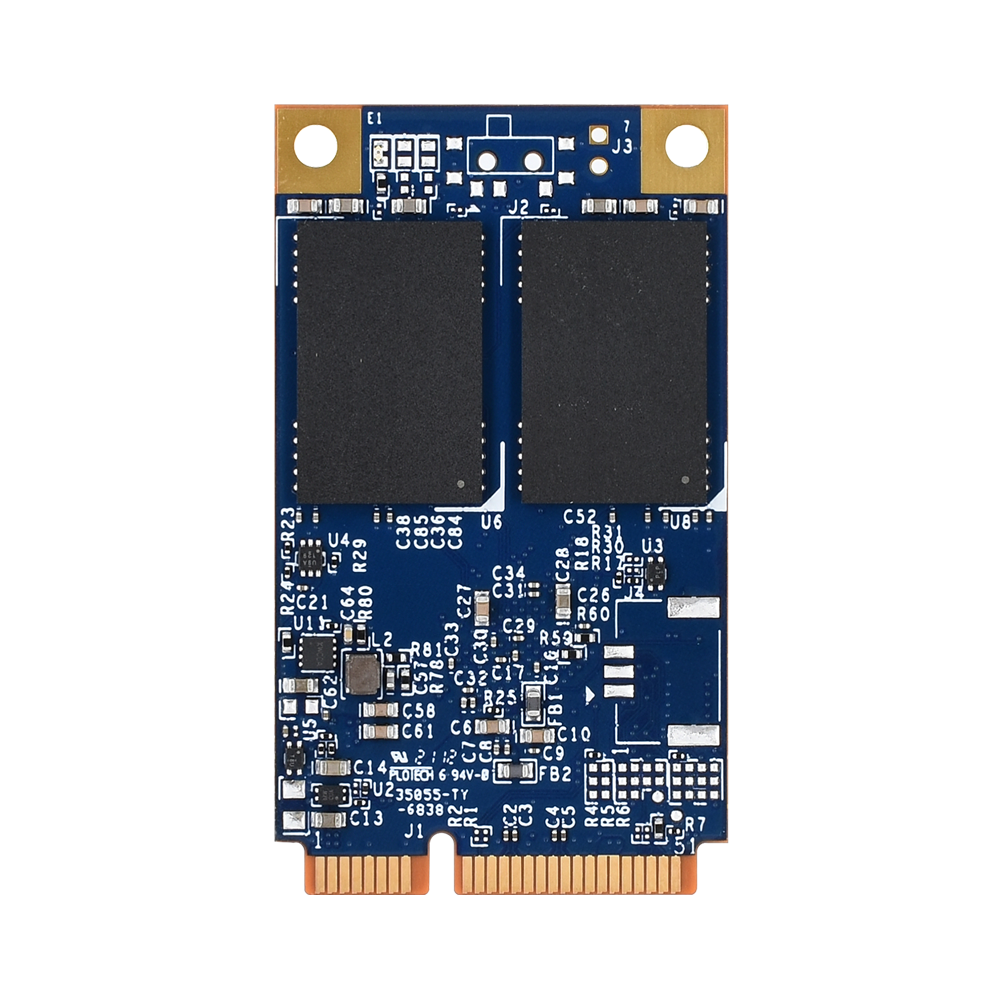
SSD
SV250-300
-
New

SSD
ST250-25
-
New

SSD
ST250-M280
-
New
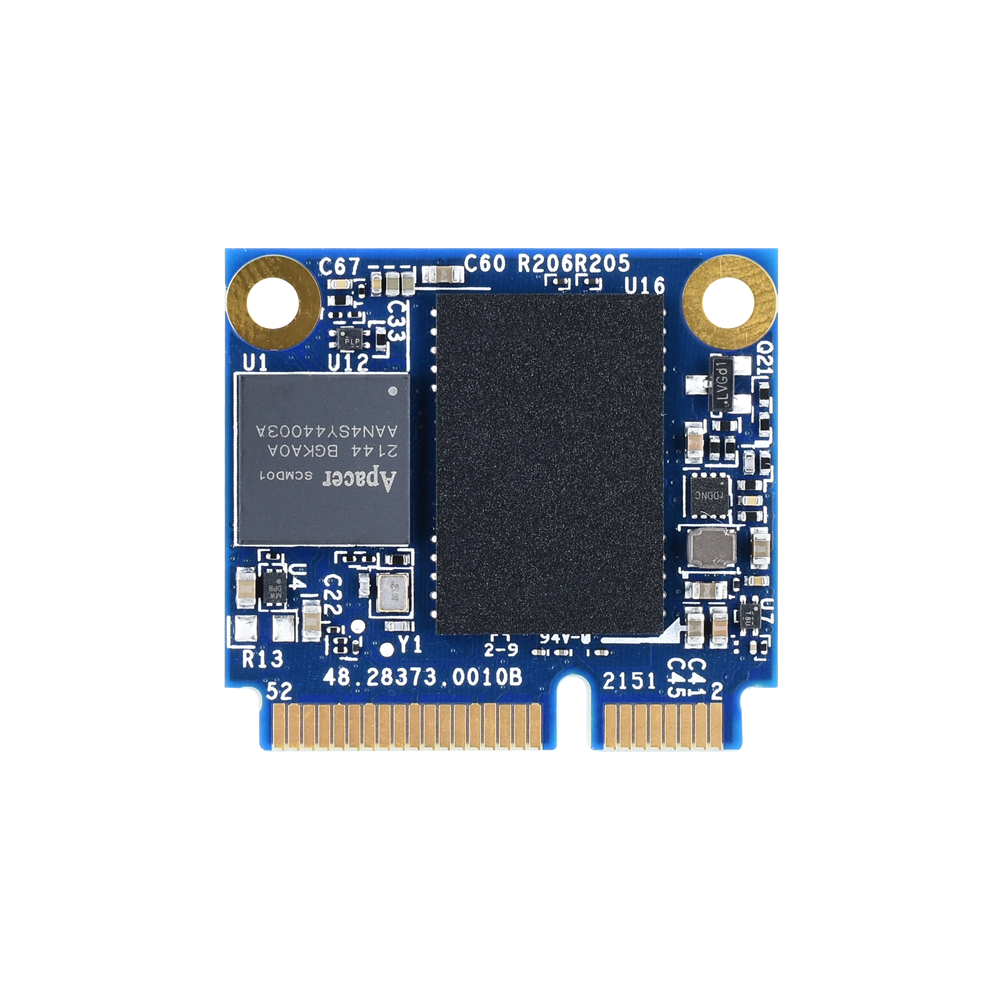
SSD
SV250-300B
-
New
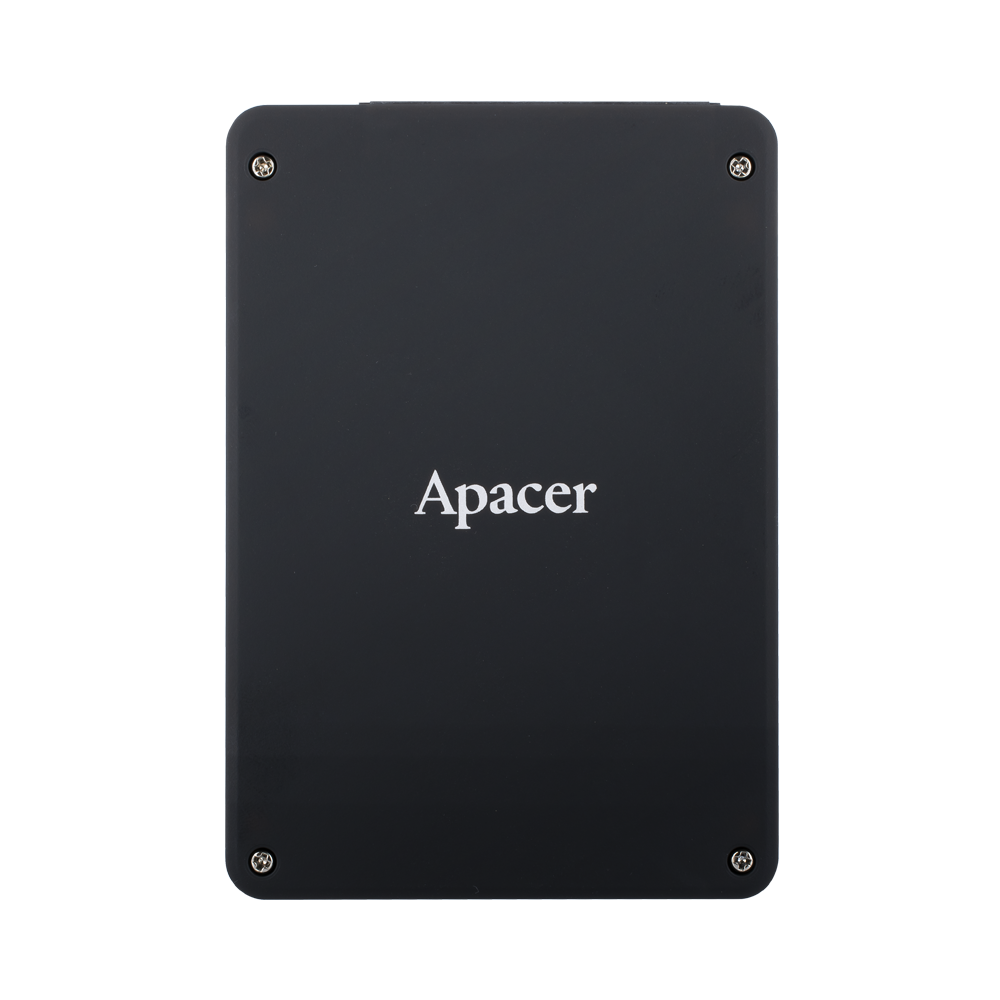
SSD
SV240-25
-
New
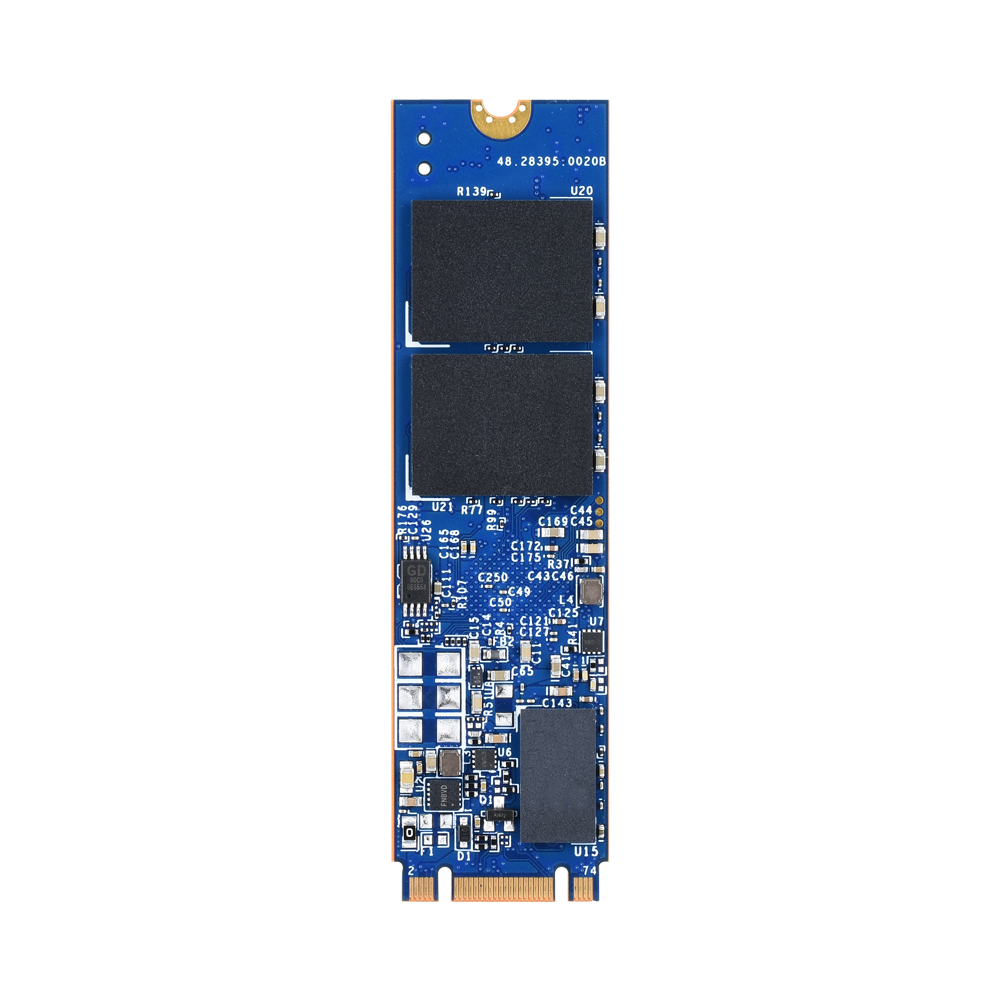
SSD
SV240-M280
-
New
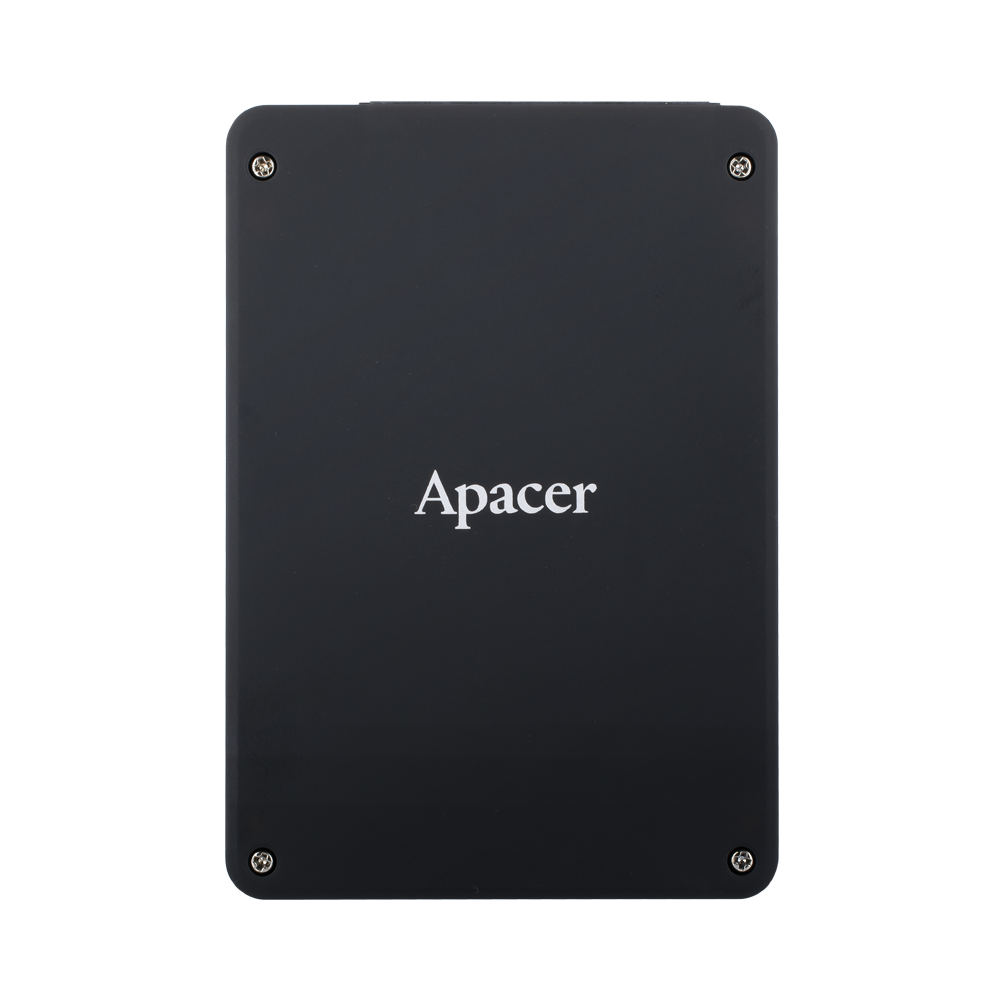
SSD
SV250-25
-
New
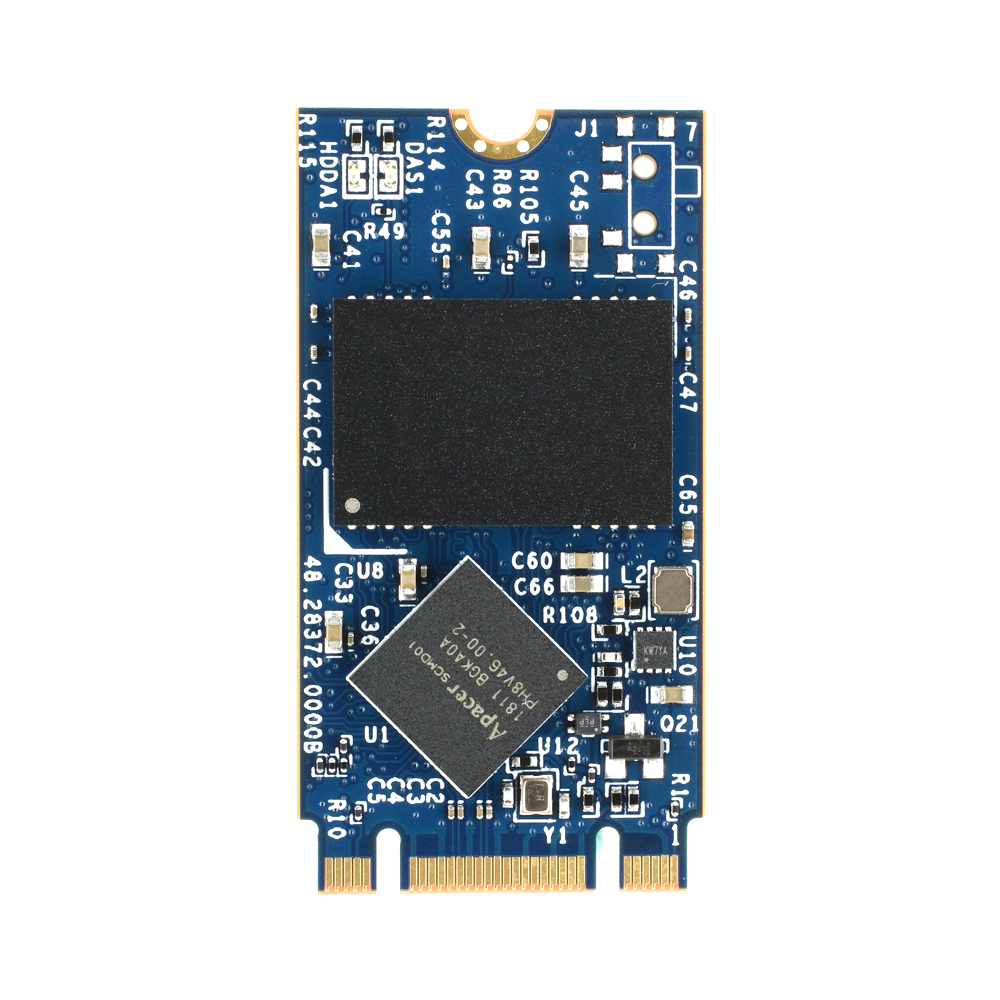
SSD
SV250-M242
-
New
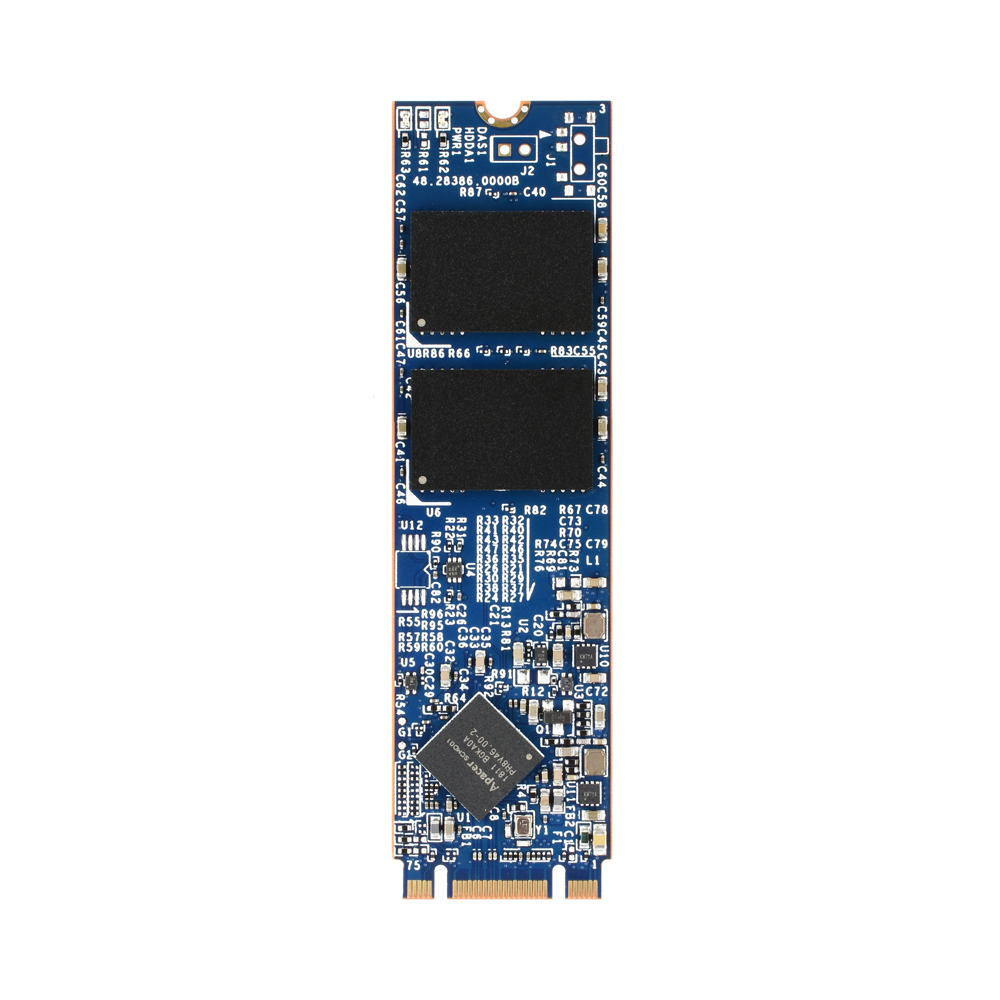
SSD
SV250-M280
-
New
SSD
PV250-CFX
-
New
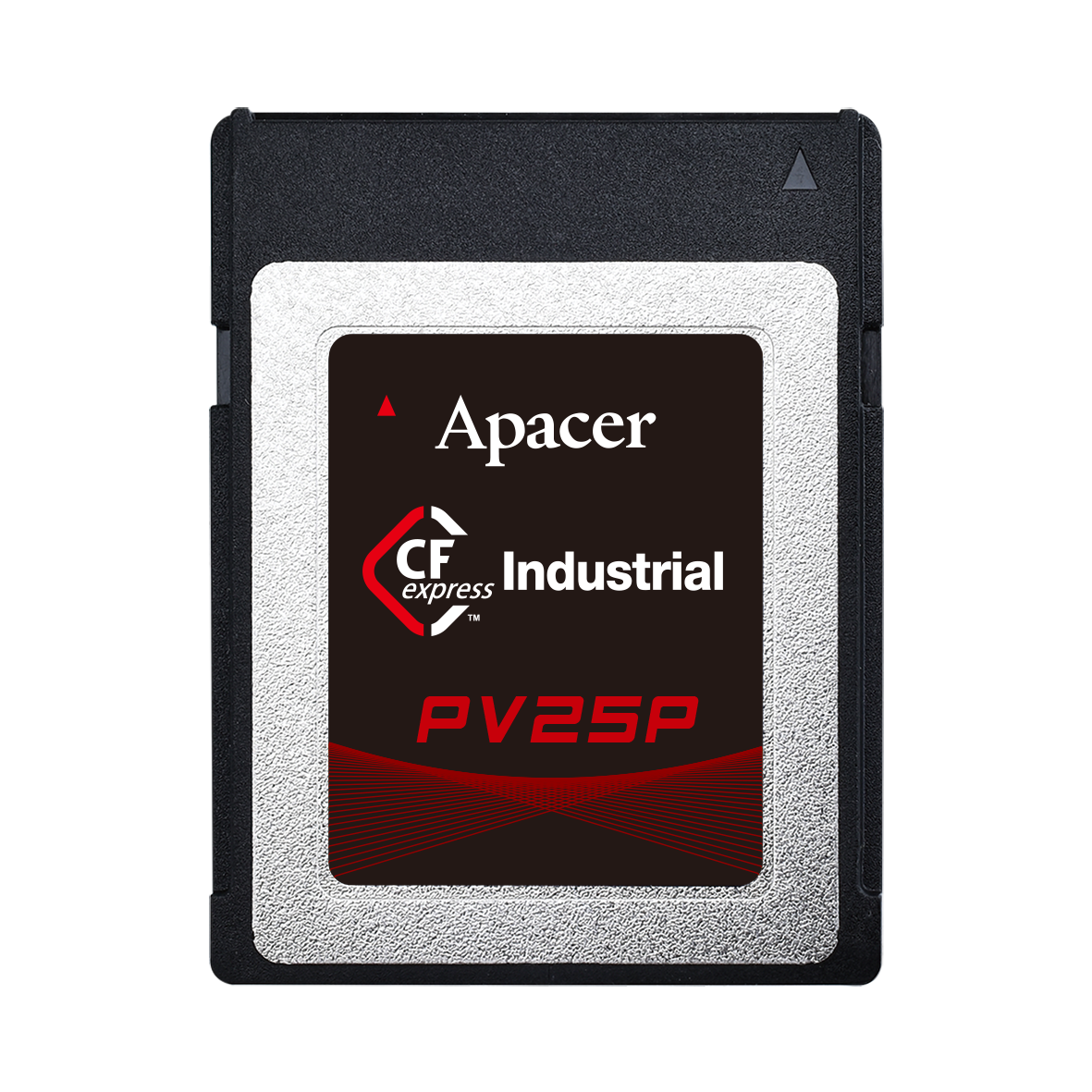
SSD
PV25P-CFX
-
New
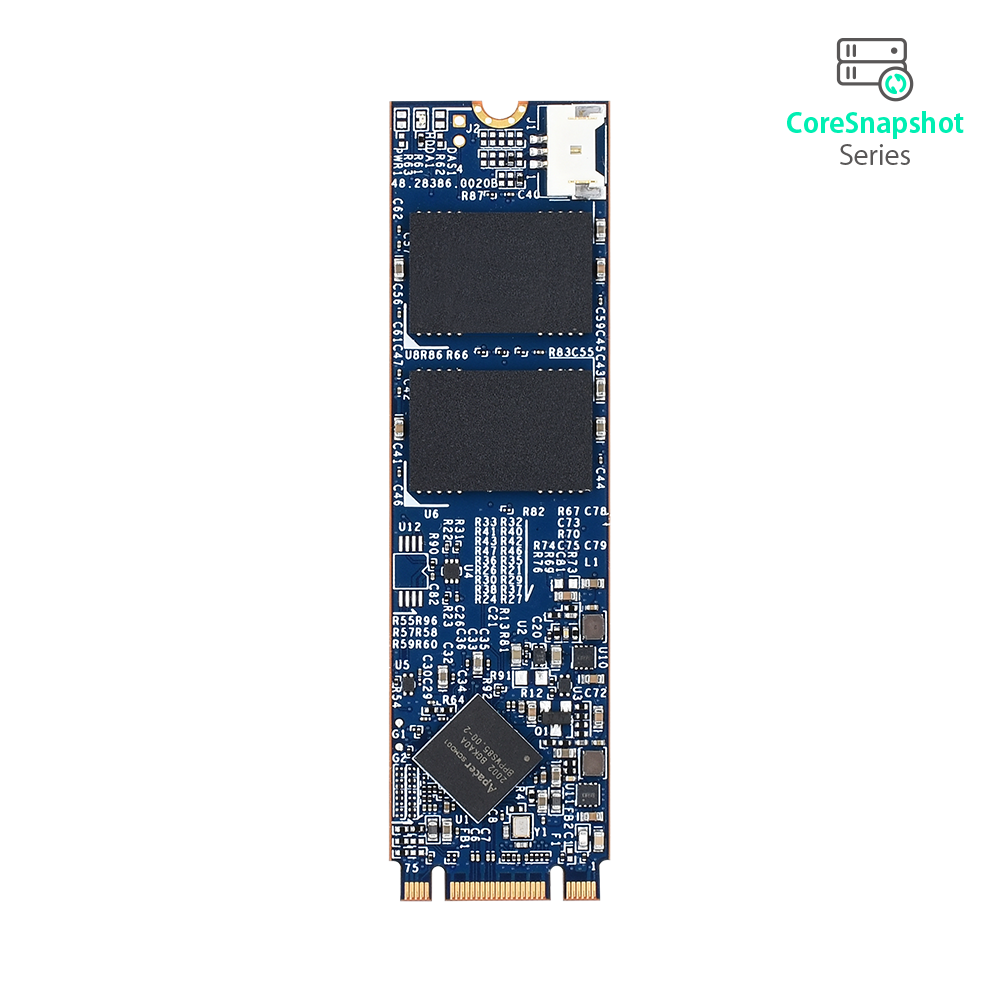
SSD
SV25C-M280 CoreSnapshot 2 Cloud Edition
-
New
SSD
SV25C-M242 CoreSnapshot 2 Cloud Edition
-
New
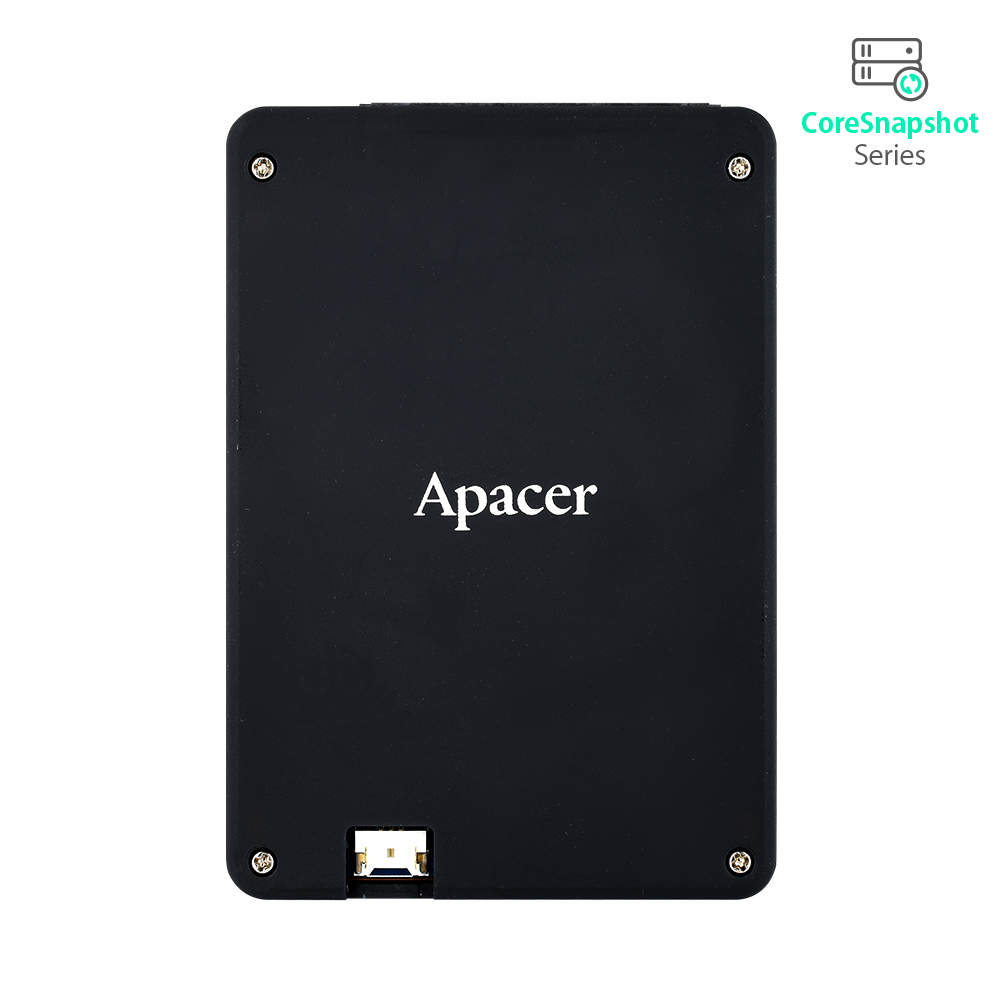
SSD
SV25C-25 CoreSnapshot 2 Cloud Edition
-
New

SSD
SV250-M280 CoreSnapshot 2 Client Edition
-
New
SSD
SV250-M242 CoreSnapshot 2 Client Edition
-
New

SSD
SV250-25 CoreSnapshot 2 Client Edition
-
New
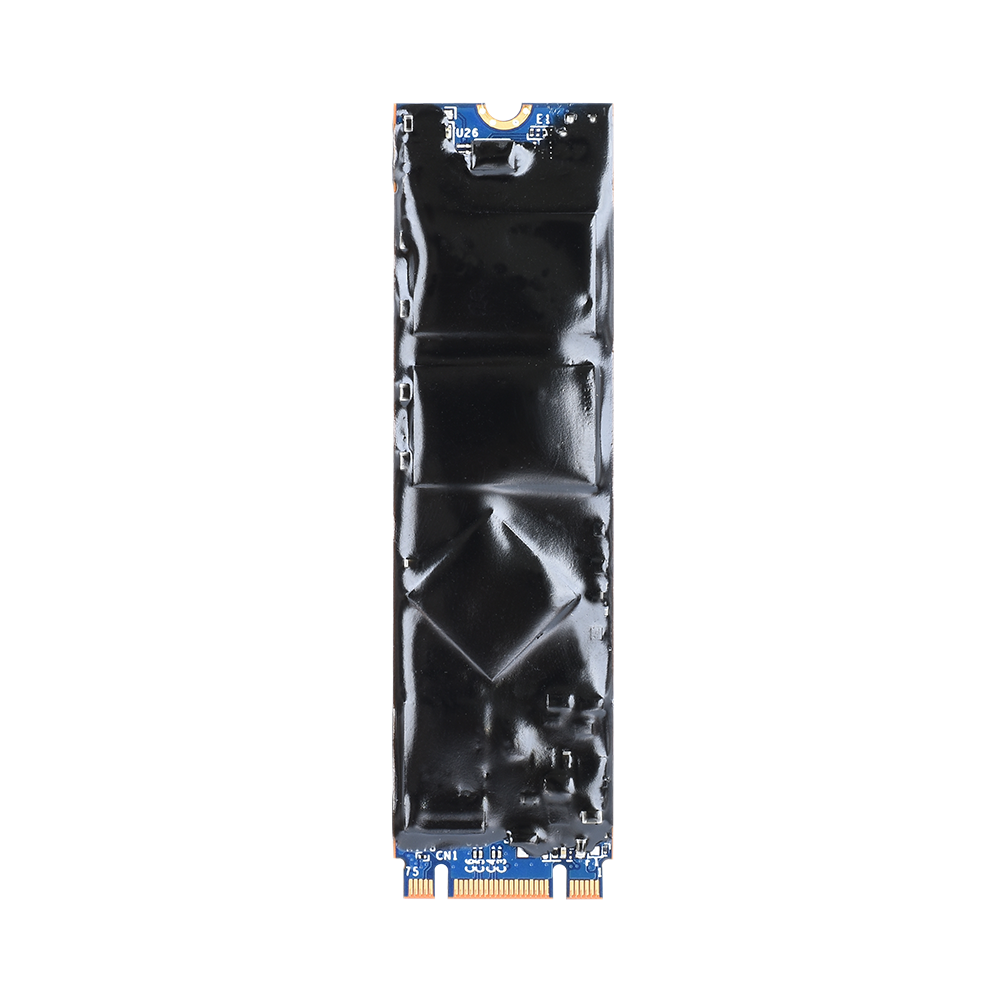
SSD
SV240-M280 FIPS 140-2
-
New
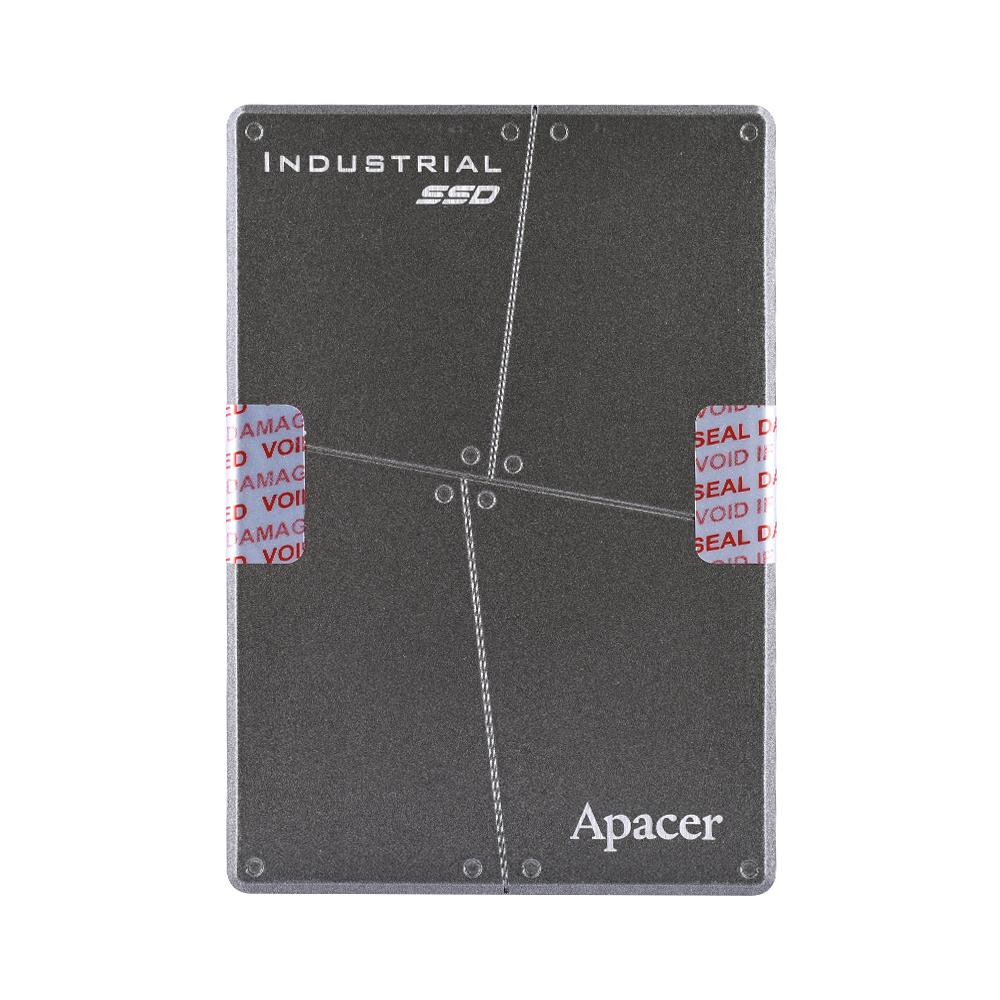
SSD
SV240-25 FIPS 140-2
-
New
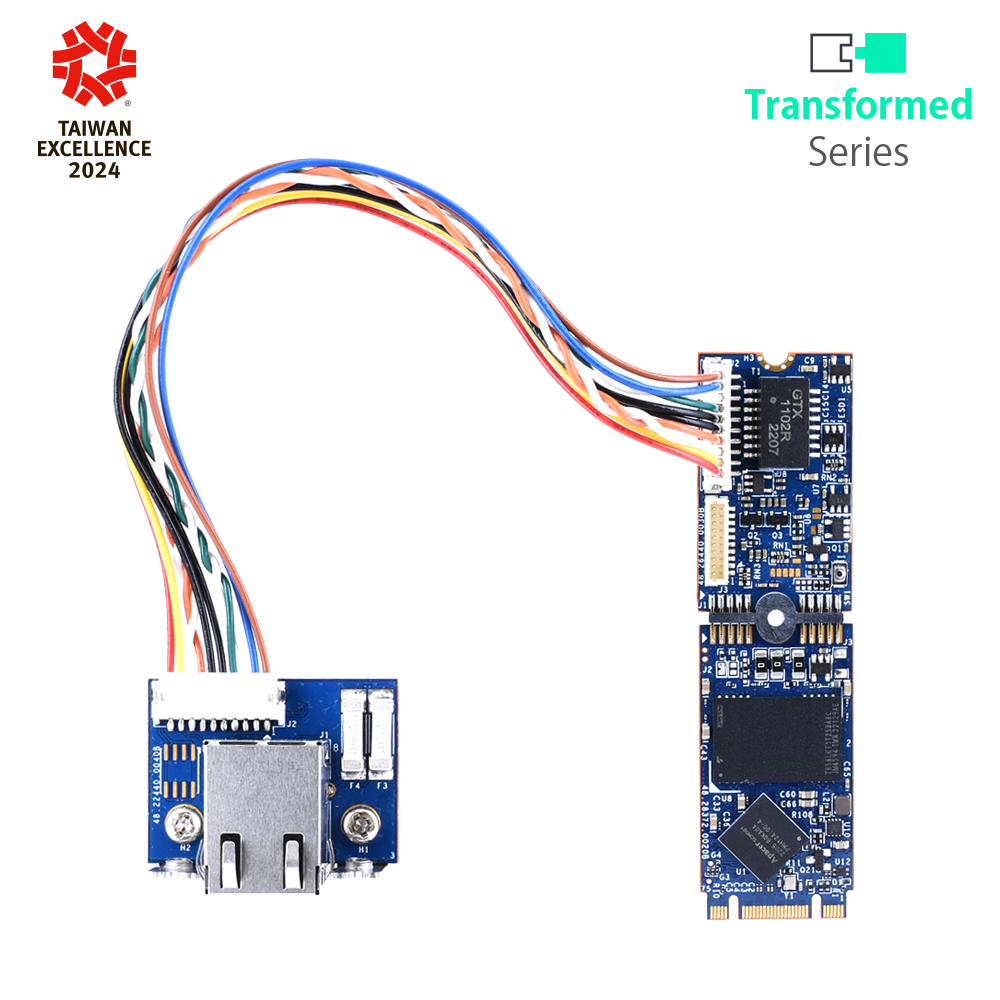
SSD
SV25T-M280 with OOB Module
-
New
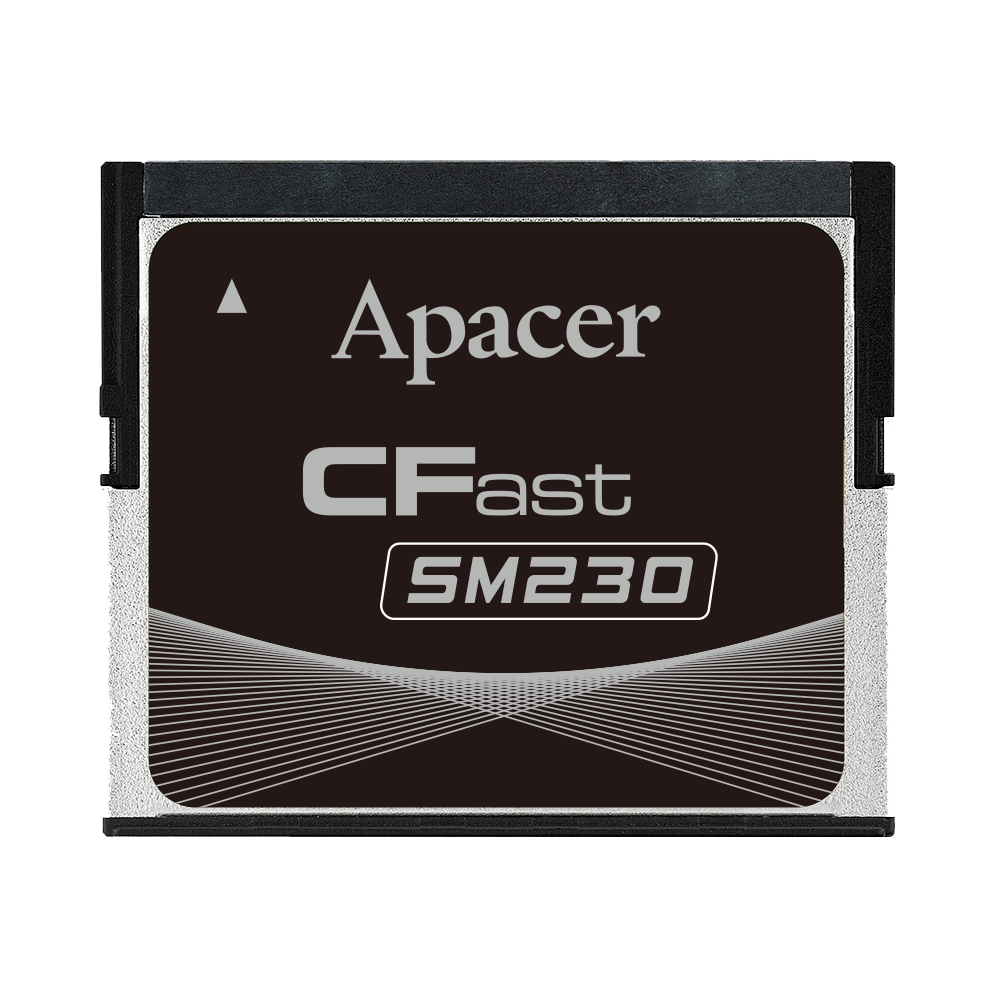
SSD
SM230-CFast
-
New
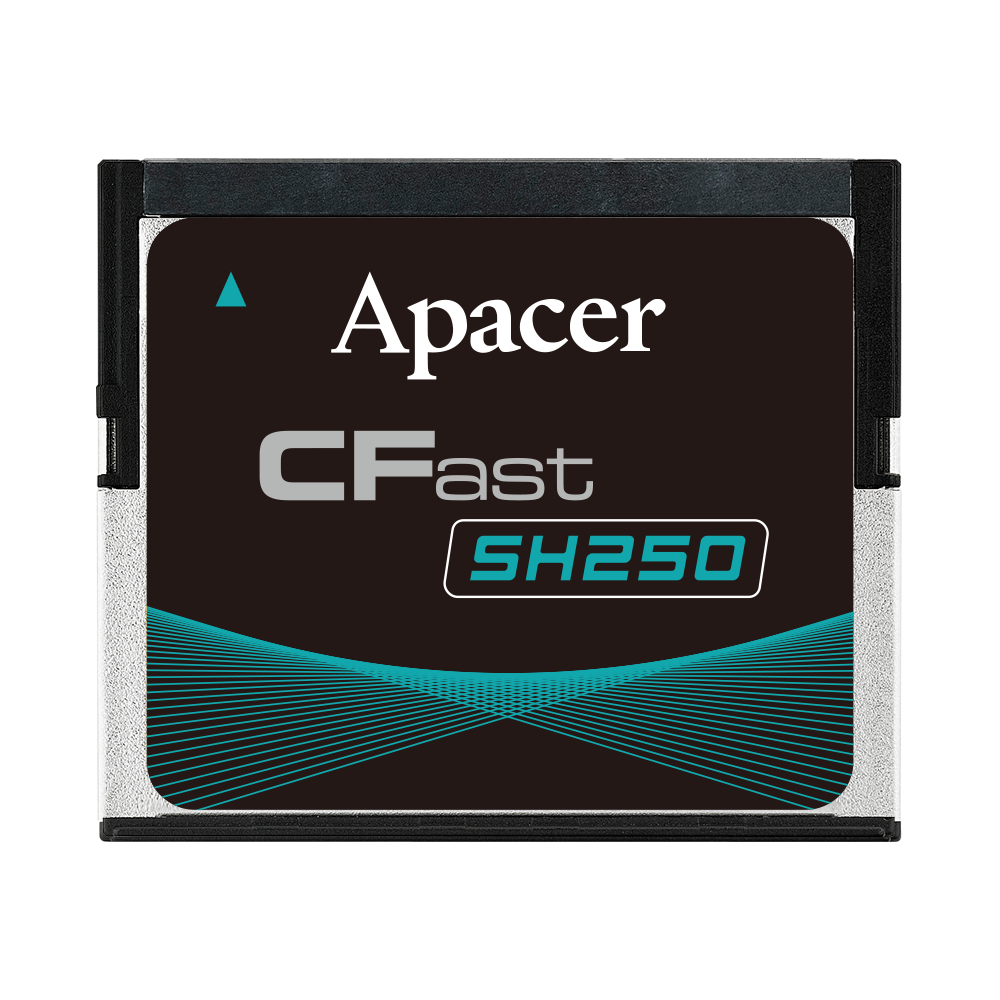
SSD
SH250-CFast
-
New
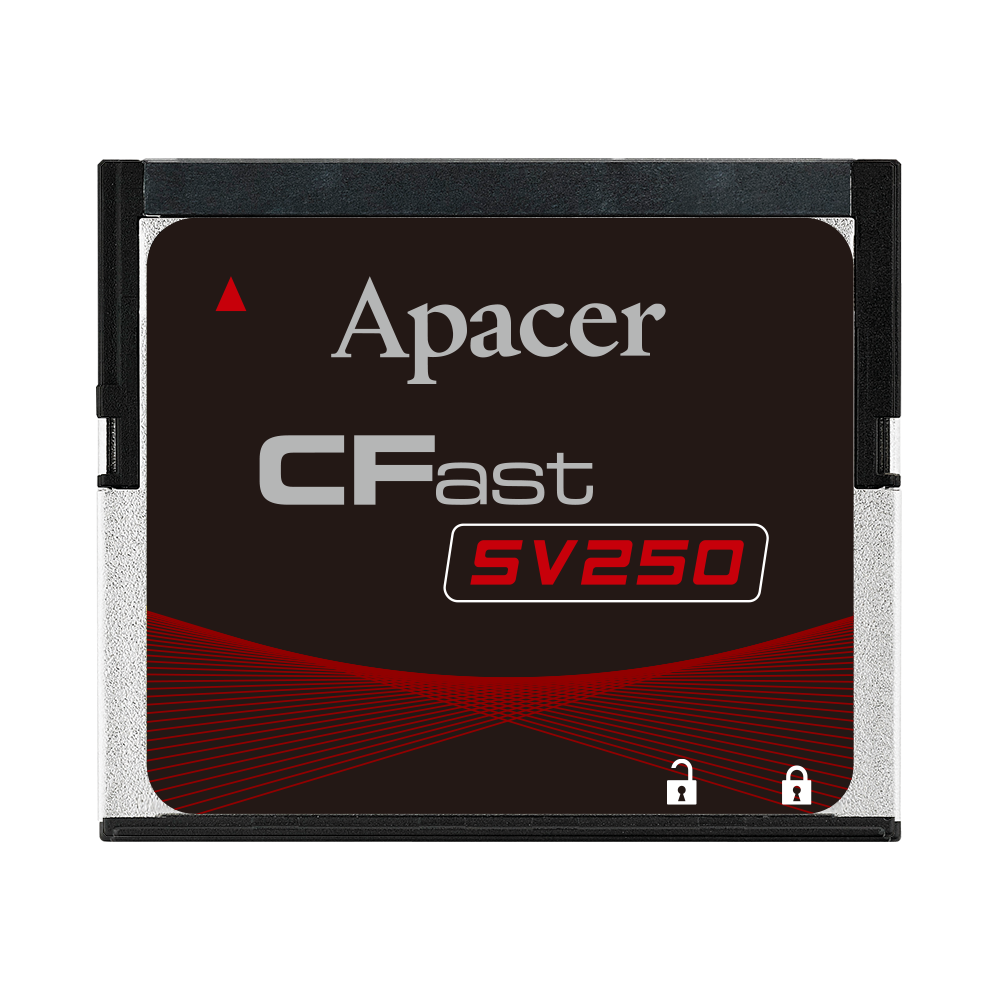
SSD
SV250-CFast
-
New
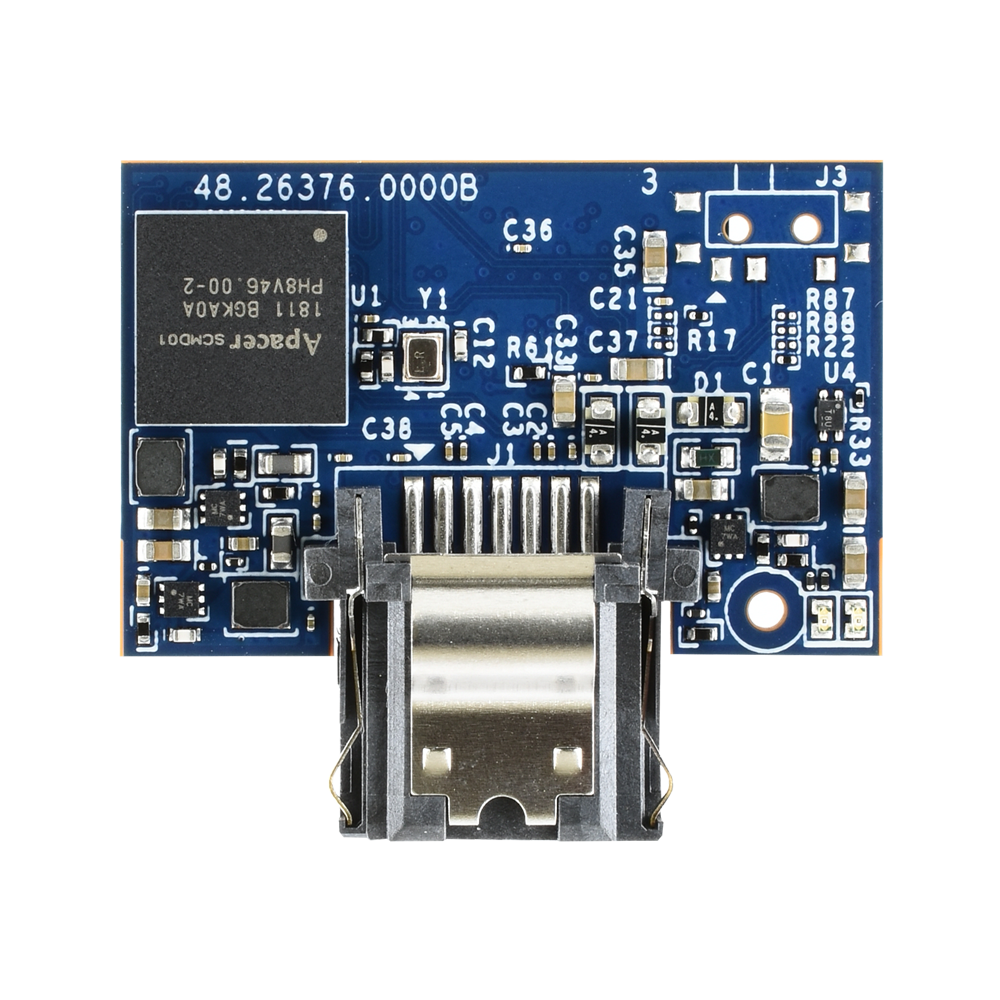
SSD
SV250-7LP2


